Get a 24 hour weather forecast
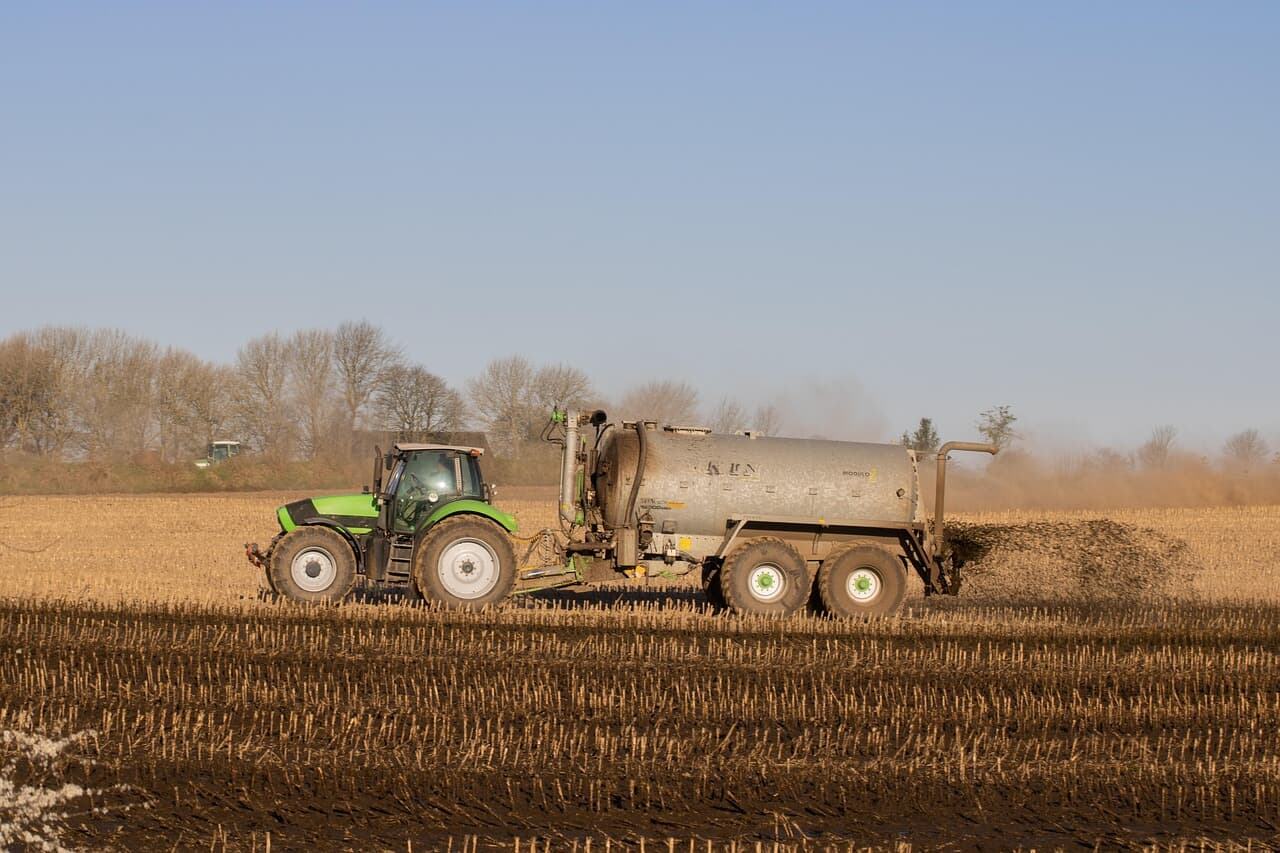

Until growth drops below 50kgs DM/Ha you should still apply fertiliser as normal.
Read more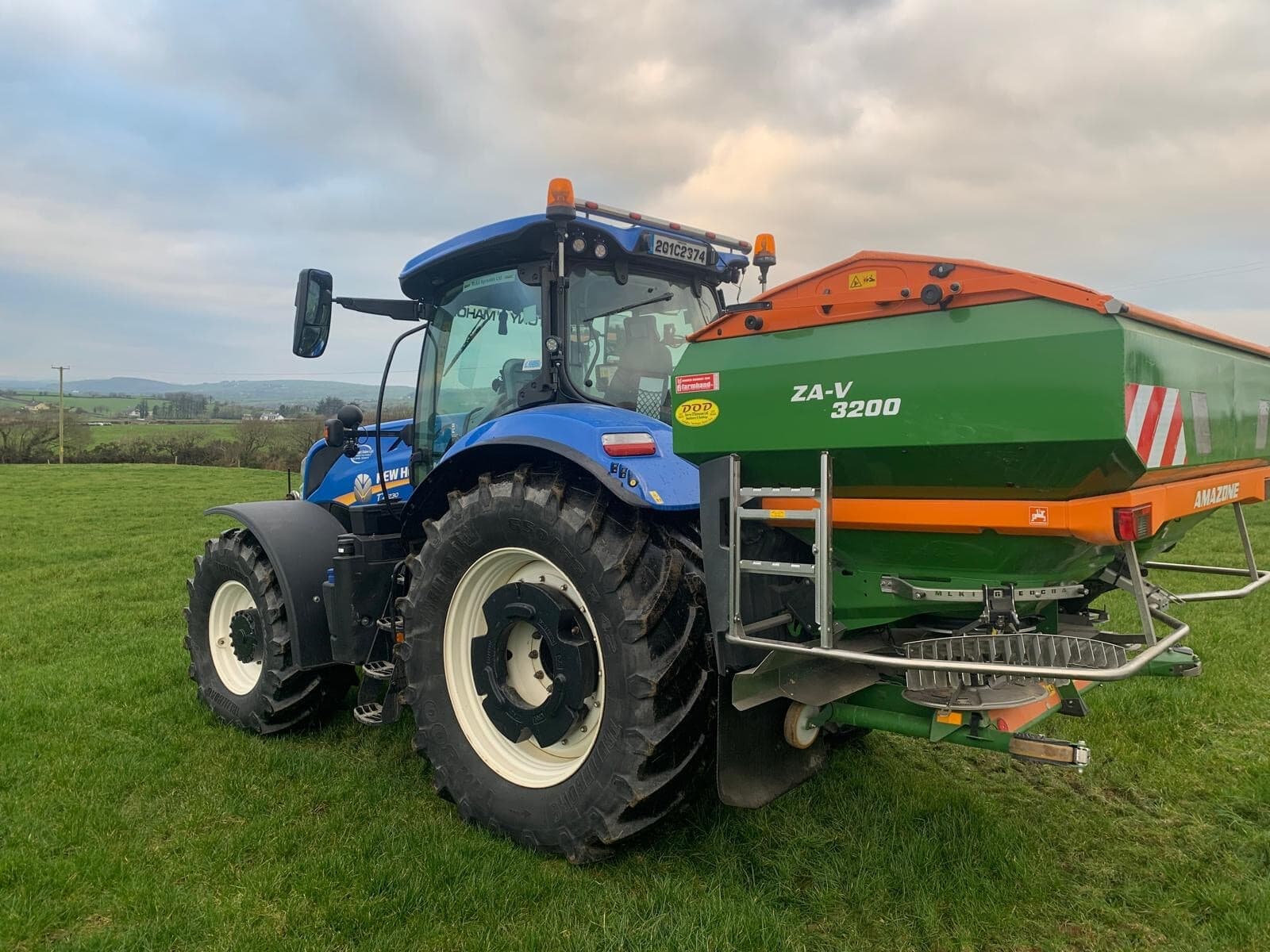

With silage fertiliser it’s very important that all the nitrogen you spread is used by the crop. Excess nitrogen applied will come in as ammonia, this can affect the stability of your clamp and the intake potential of your silage across the winter.
Read more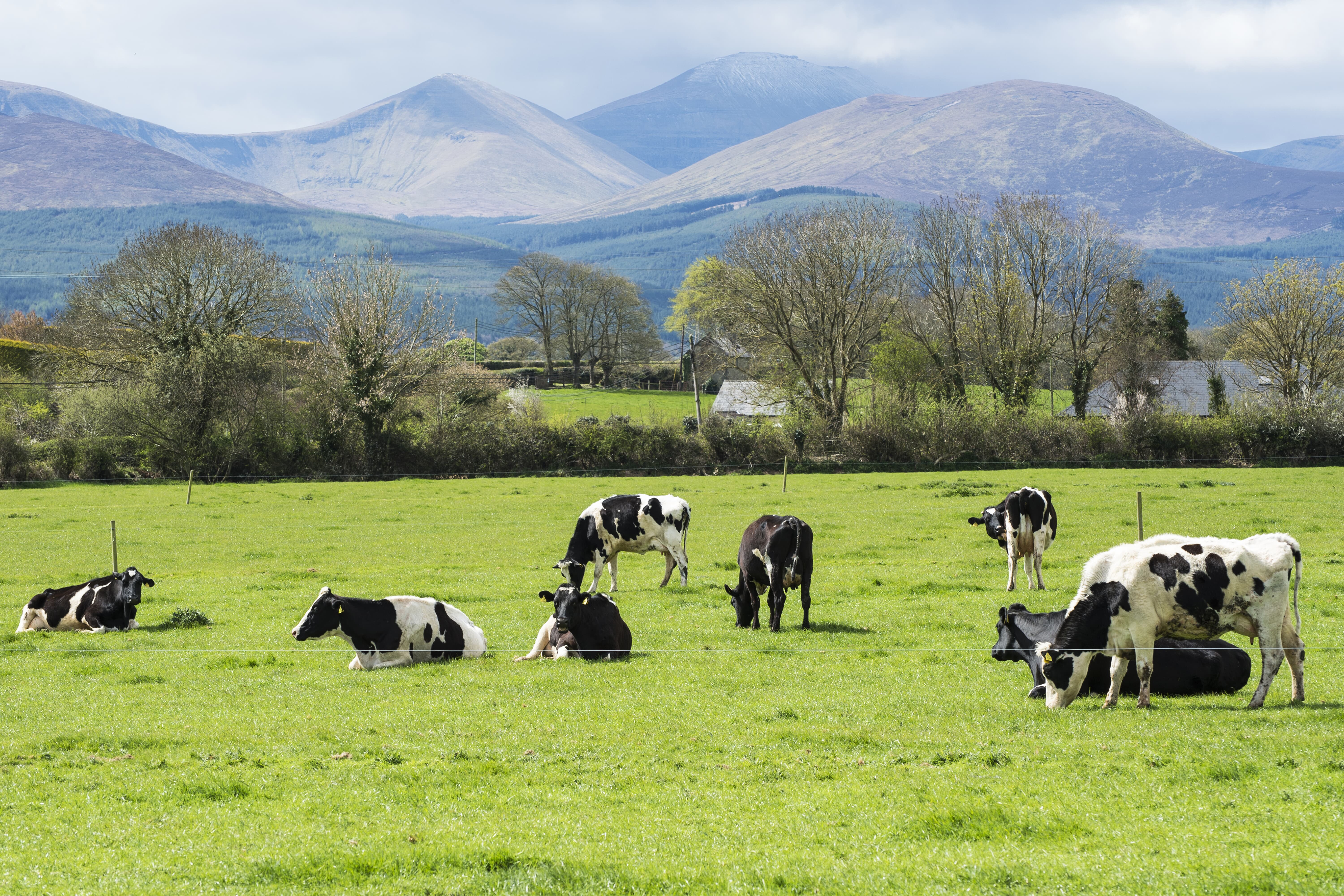

YTD on the back of dry grass we’ve seen good yields and proteins. However, currently grass growth is low compared to the 5-year average and AFC is below the recommended levels on 60% of farms on PBI. We must act now to maintain the early advantage.
Read more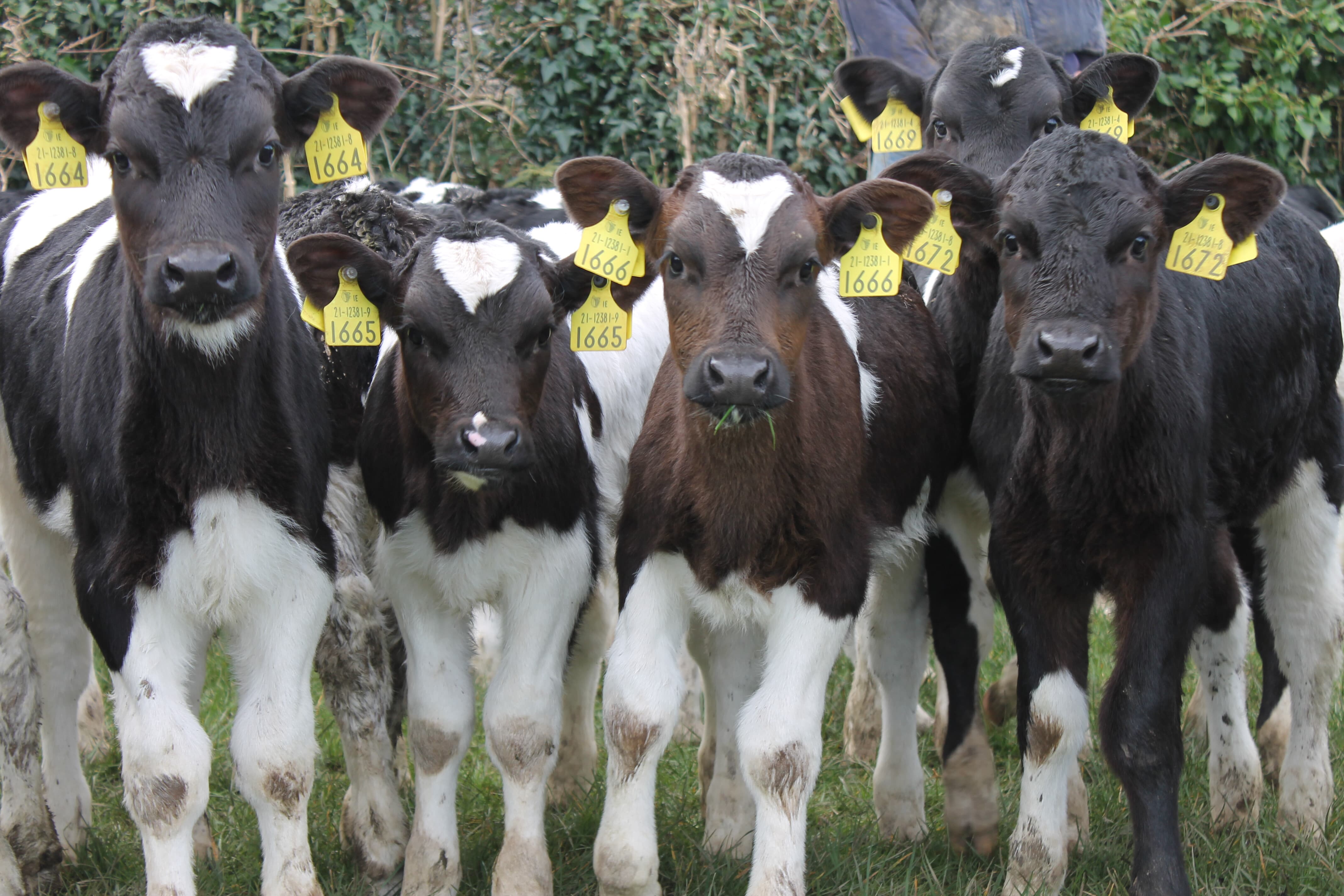

Depending on the parasite disease risks on your farm, strategic treatments soon after turnout might be needed.
But treating early in the season when pasture contamination by parasite eggs and larvae is low can be a risk for the development of wormer resistance.
Read more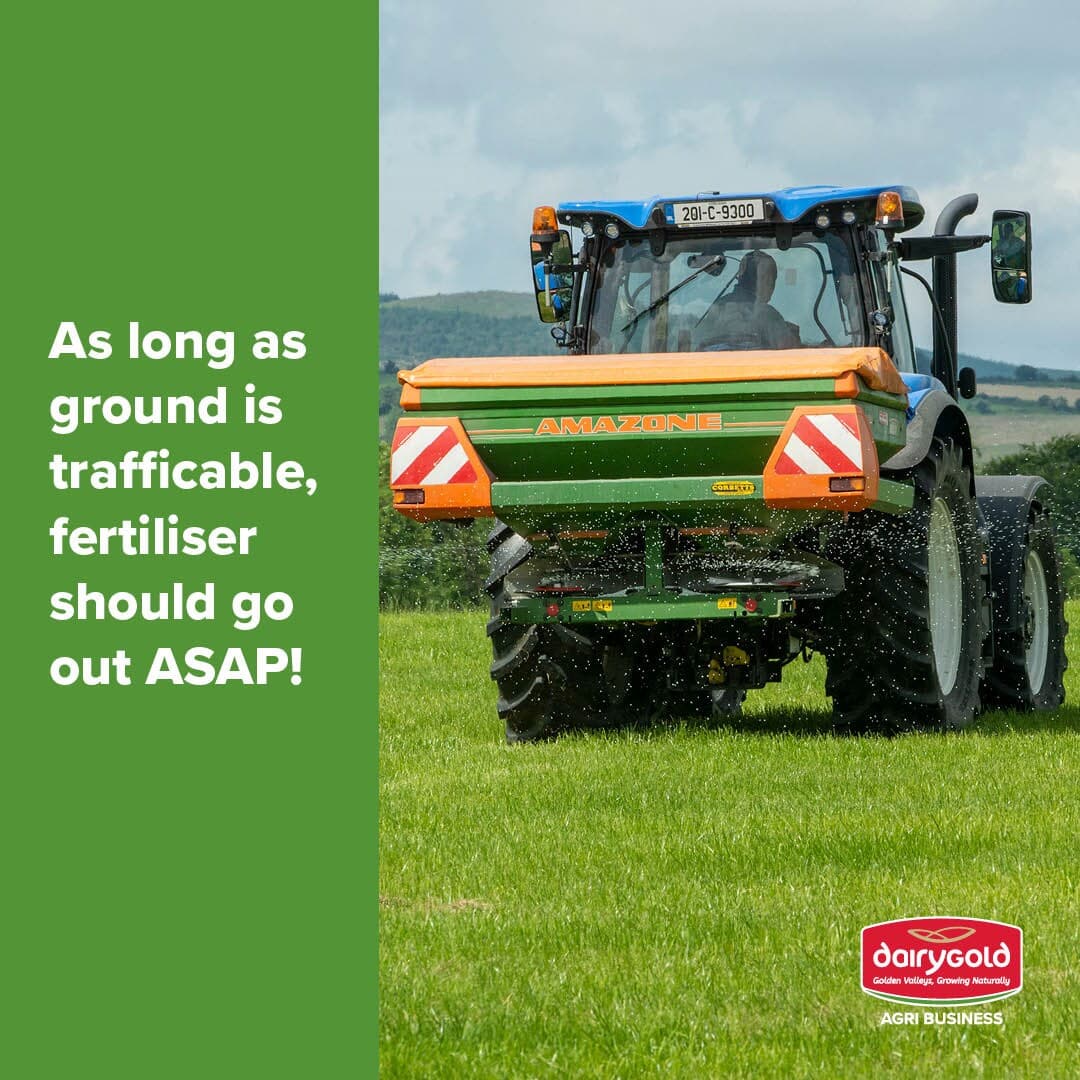

As long as ground is trafficable, fertiliser should go out ASAP.
If you have 0 N spread to date, apply 20-25 units now and 30-35 units again in 3 weeks’ time.
It is best to split the March application in 2.
If you have 20-25 units out to date, apply a further 25-30 units for the month of March
Read More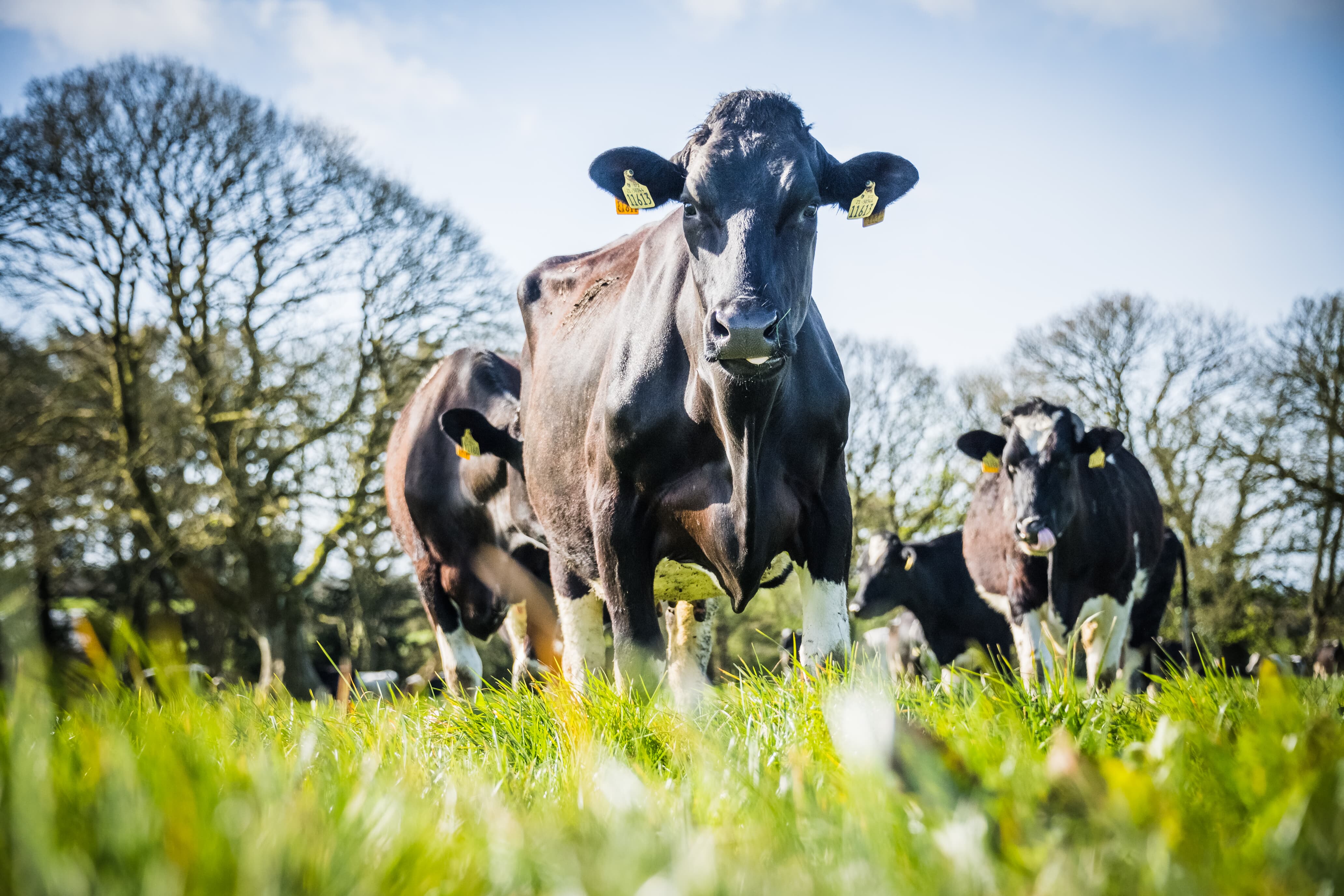

Feeding regimes for freshly calved cows have 2 ultimate goals: Getting your cows to peak strongly while getting them back in calf.
Read More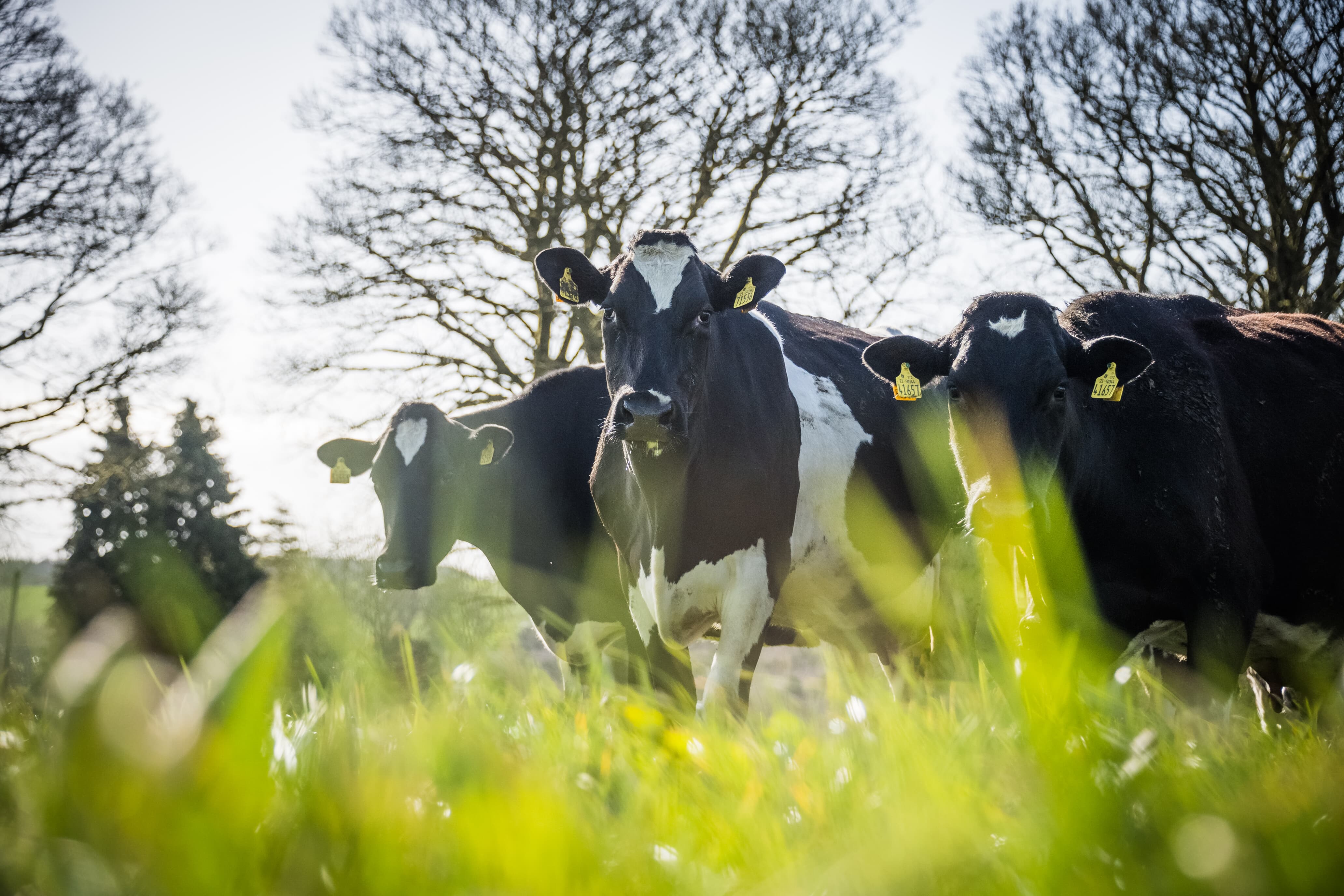

Annual milk yield is a function of:
Peak milk has been declining year on year since 2021with 2024 being 2 ltrs per cow lower than 2021.
Annual milk production in those years has been on average 223 times our peak with a range of 217 to 227 times.
Read More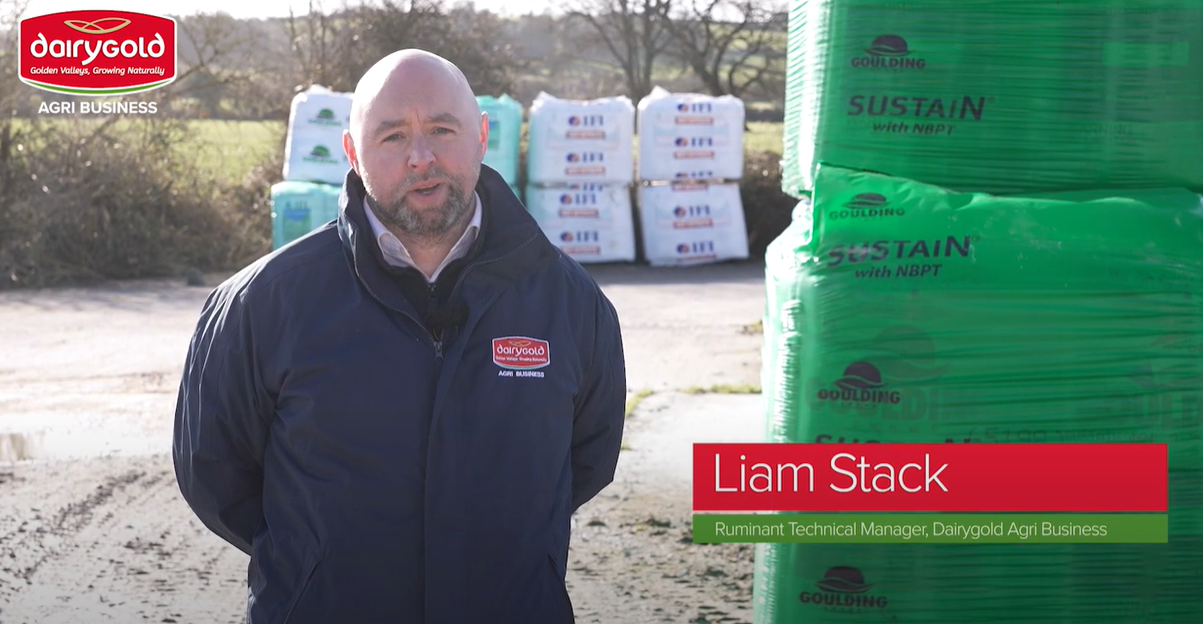

Weather permitting, farmers should aim to apply 48 units of N in the form of either chemical or slurry or a combination of both by early April.
Teagasc research by Sarah Walsh, has shown when no N is applied in February, the N response to March application is reduced.
Read More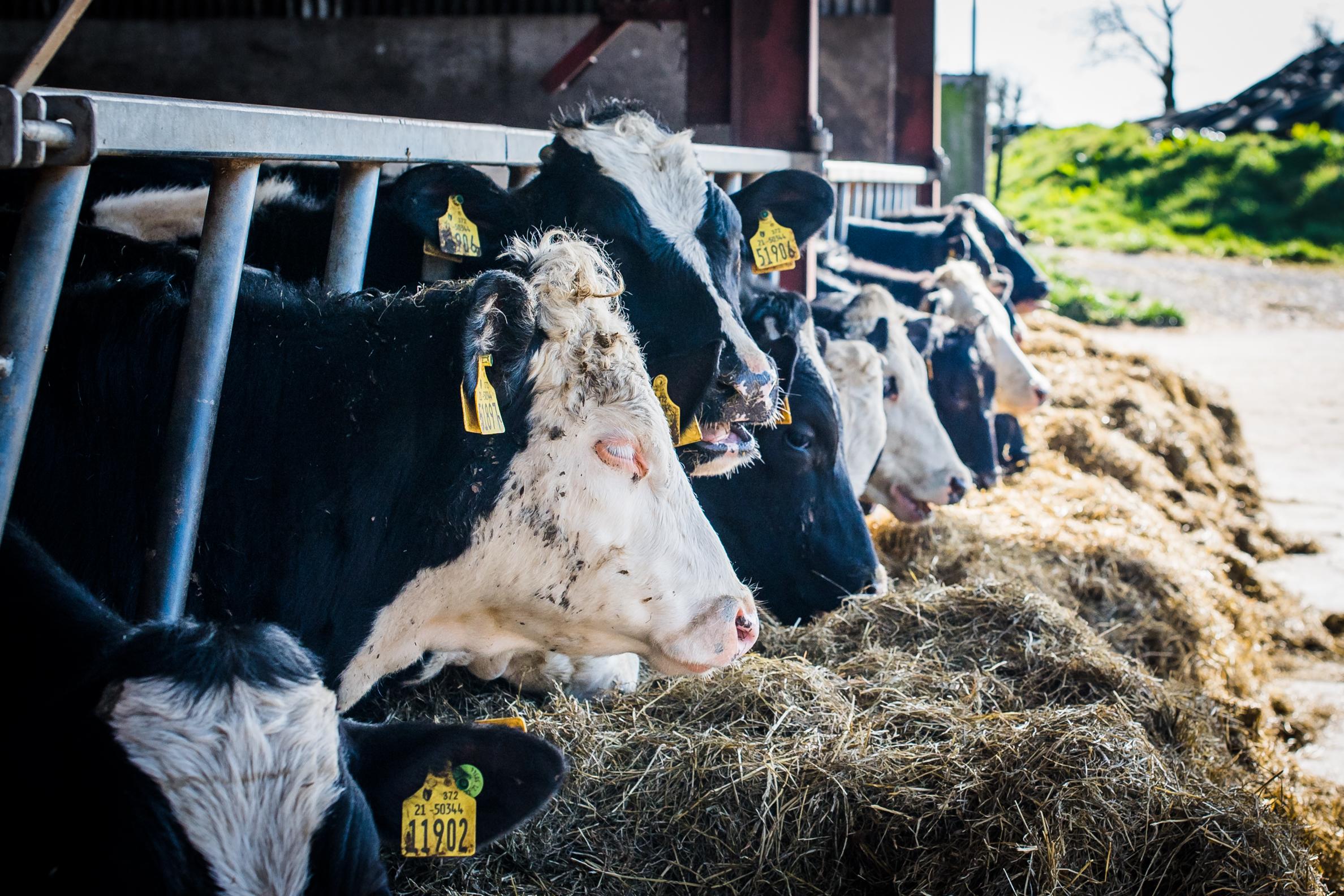

A moderate gastrointestinal parasites burden can increase the costs of with wintering cattle by 30%
Anthelmintic resistance
The genes responsible for anthelmintic resistance are believed to be present in all worm
populations but at very low levels. When animals are treated with an anthelmintic, this kills all the susceptible worms allowing only the resistant worms to survive.
The surviving resistant worms output eggs with the dung onto pasture which results in resistant worms making up a much greater proportion of the worm population in subsequent generations.
Read More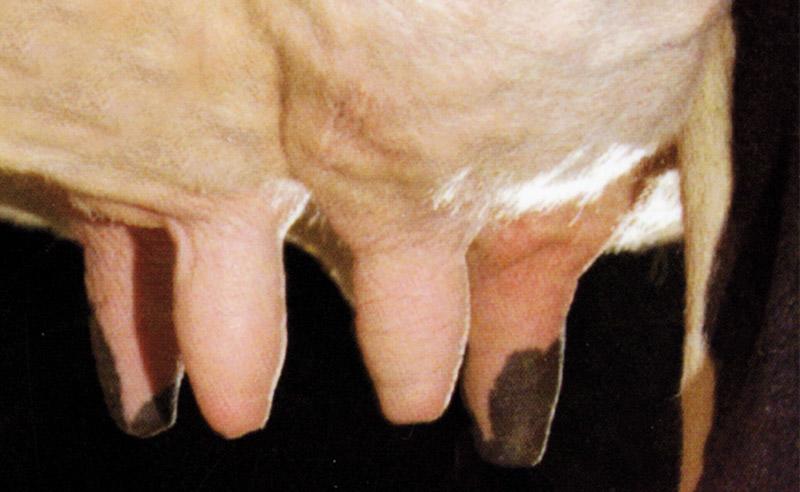

A good dry off procedure is essential to prevent the introduction of new infection into the cow’s udder – hygiene is crucial here.
Cow’s tails should be clipped in advance of drying off.
Yields should be reduced by decreasing the plane of nutrition in the week prior to dry off and cows should be dried off abruptly (do not skip milkings).
Read More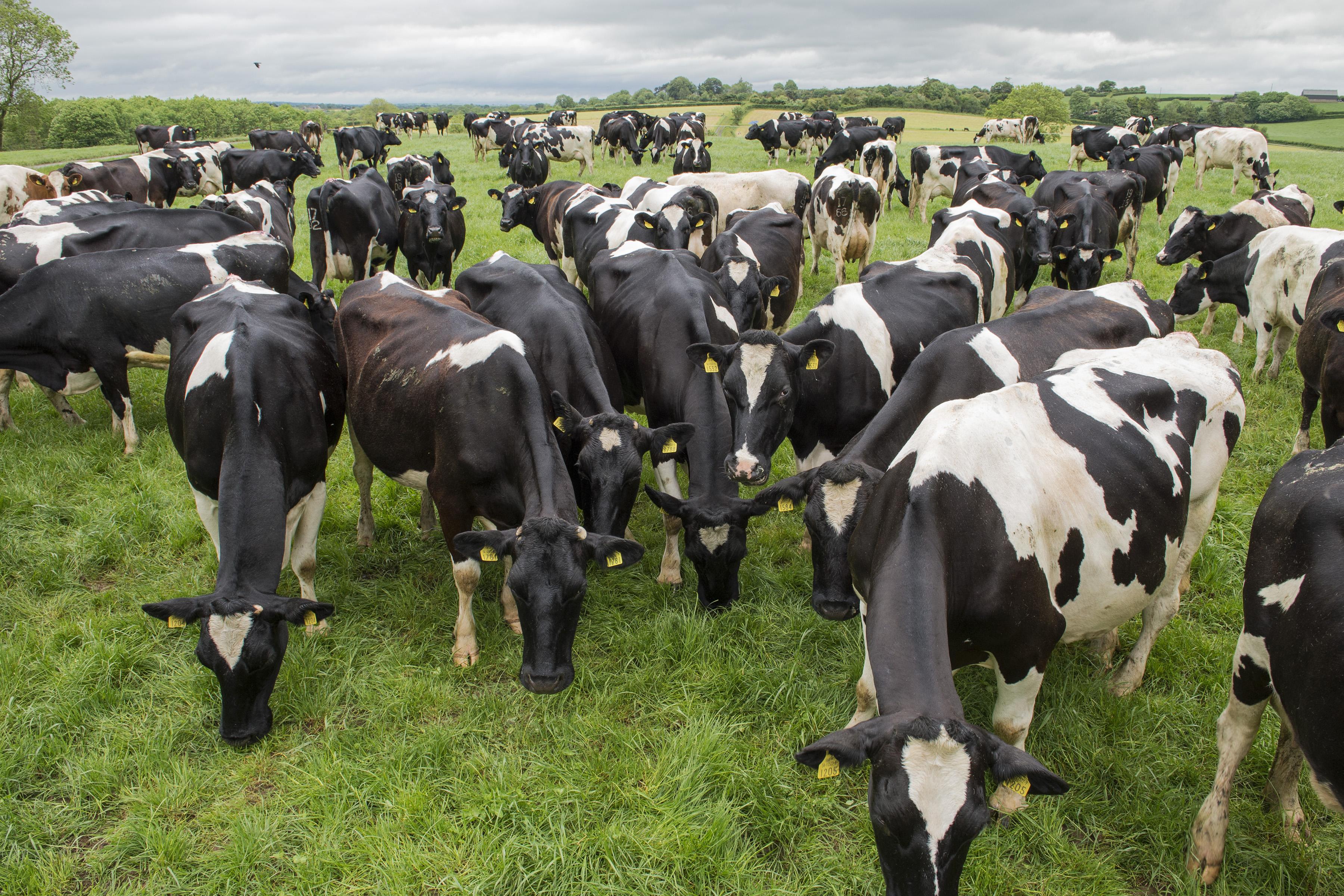

Cows in the wrong body condition score (BCS) need to have this rectified 2-3 weeks before calving starts. From then on a greater proportion of the energy fed to the cow is partitioned to the calf and the cow won’t gain much weight.
Read More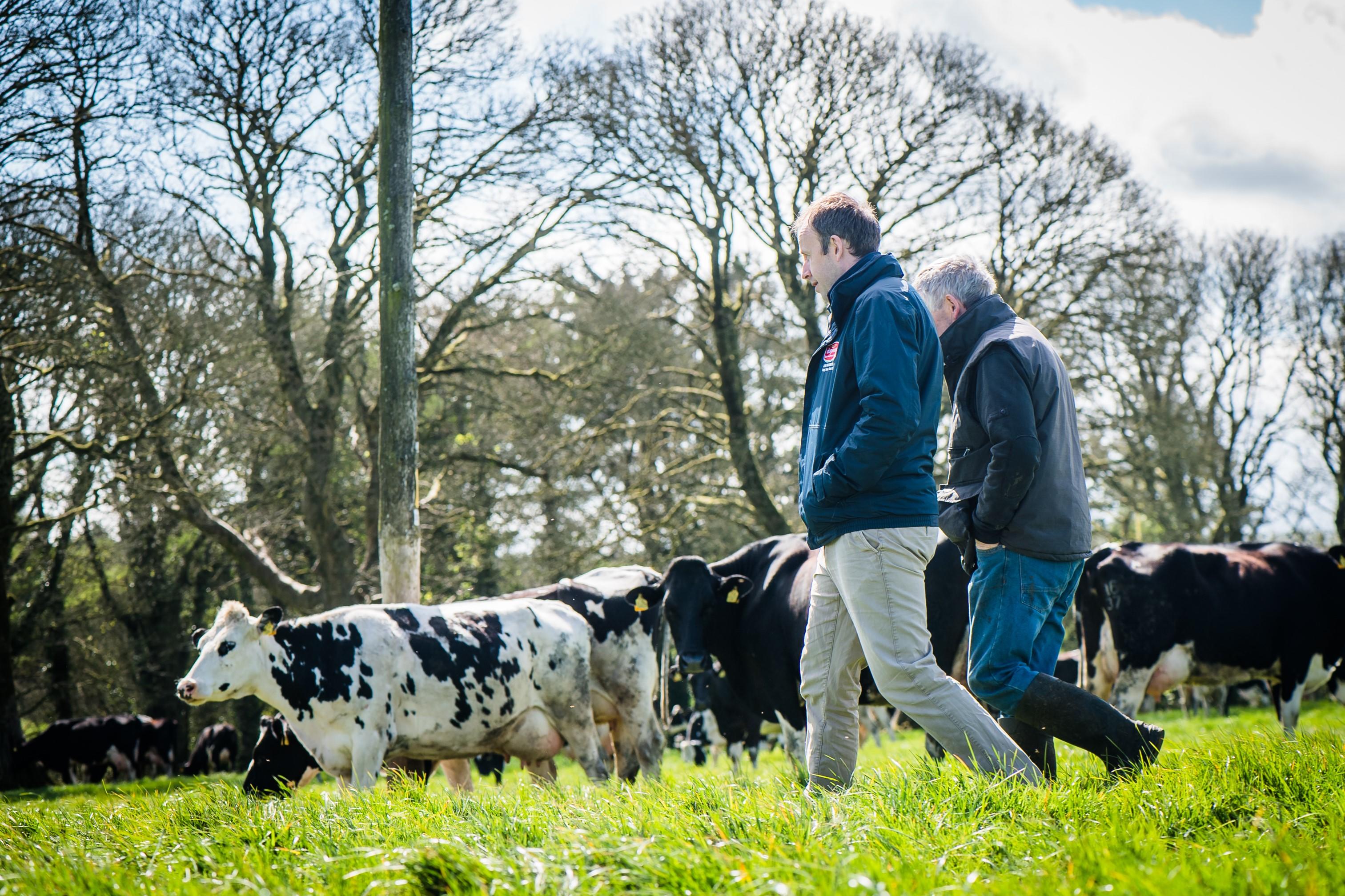

Inevitably a time will come when grass runs out but before we consider the economics of continuing to milk, we must firstly recognise that it will cost the same to feed a cow silage whether shes milking or not.
Read More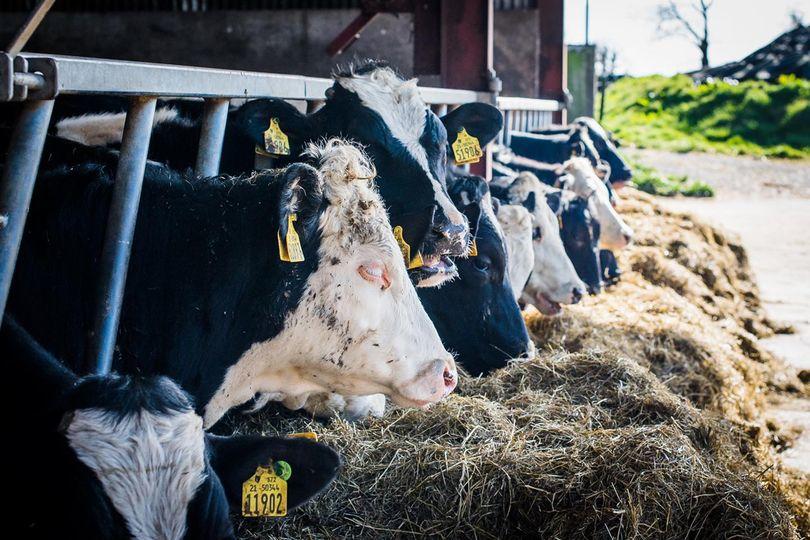

DIGEST-IT:
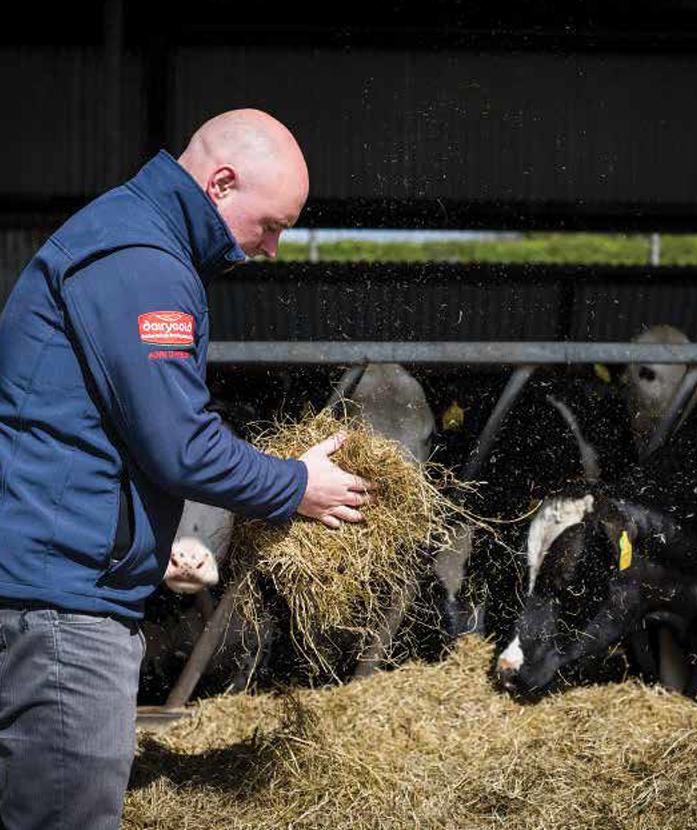

Silage quality is key to good animal performance, reducing winter feed costs and increasing profitability during the housing period. Right now, you cannot change the quality of your silage but an understanding of its quality can help you feed your animals for a desired outcome
Read More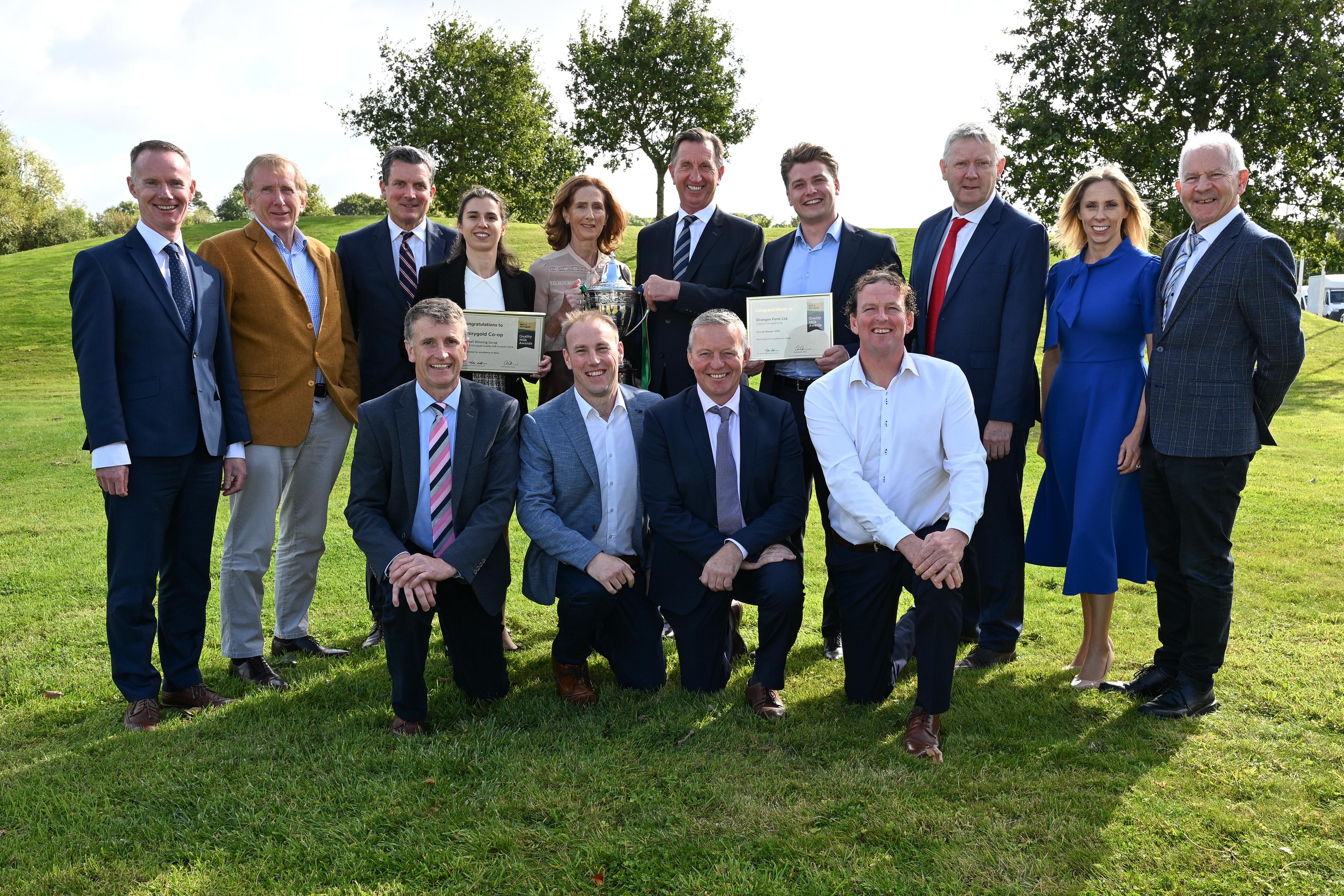

Dairygold is delighted to congratulate its suppliers who have had their hard work and dedication to excellence in the dairy and tillage industries recognised and rewarded in recent days at various award ceremonies.
Read More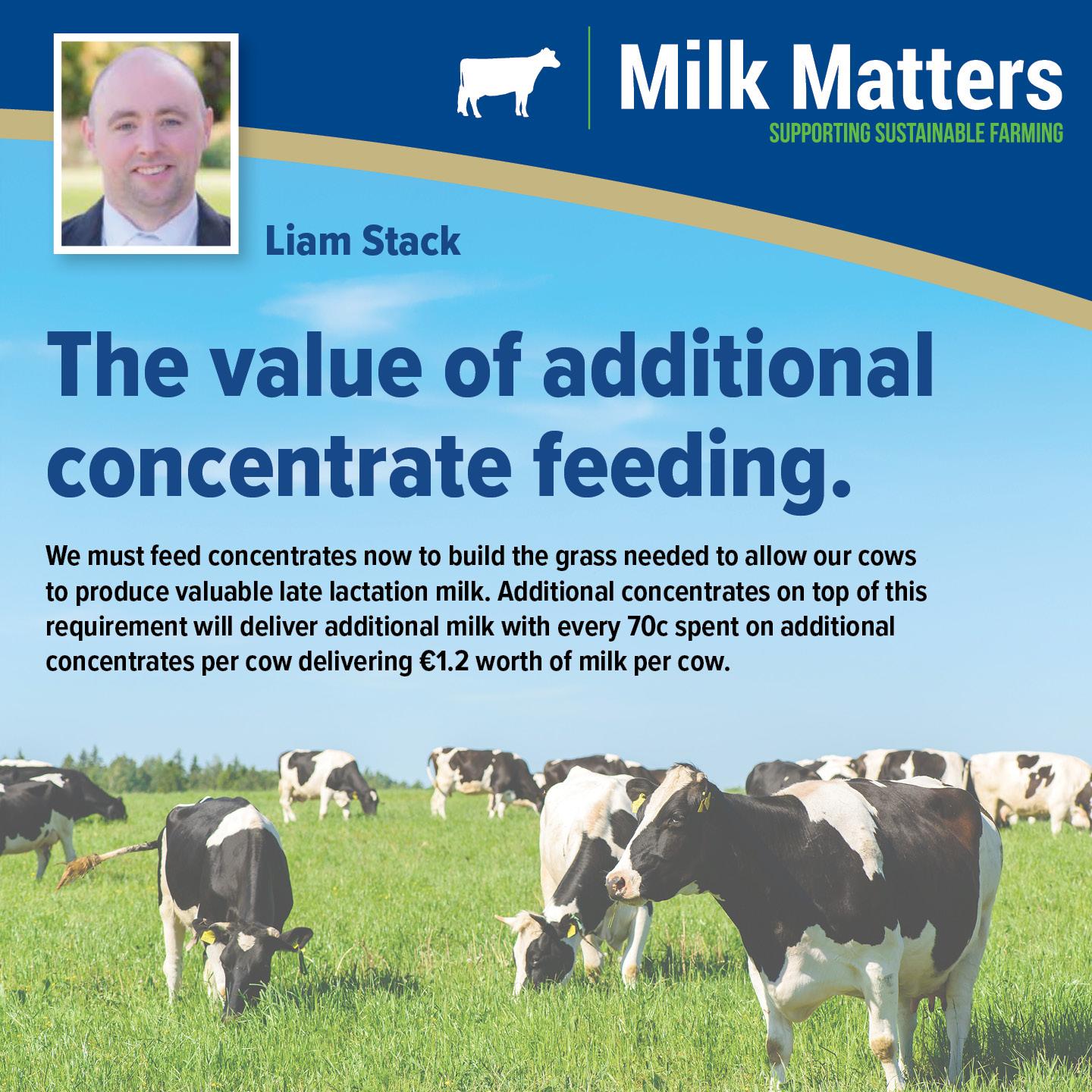

Your cows have a base line concentrate requirement, needed to meet her current milk yield and to build a grass wedge. Additional concentrates on top of this requirement will deliver additional milk with every 70c spent on additional concentrates per cow delivering €1.2 worth of milk per cow.
Read More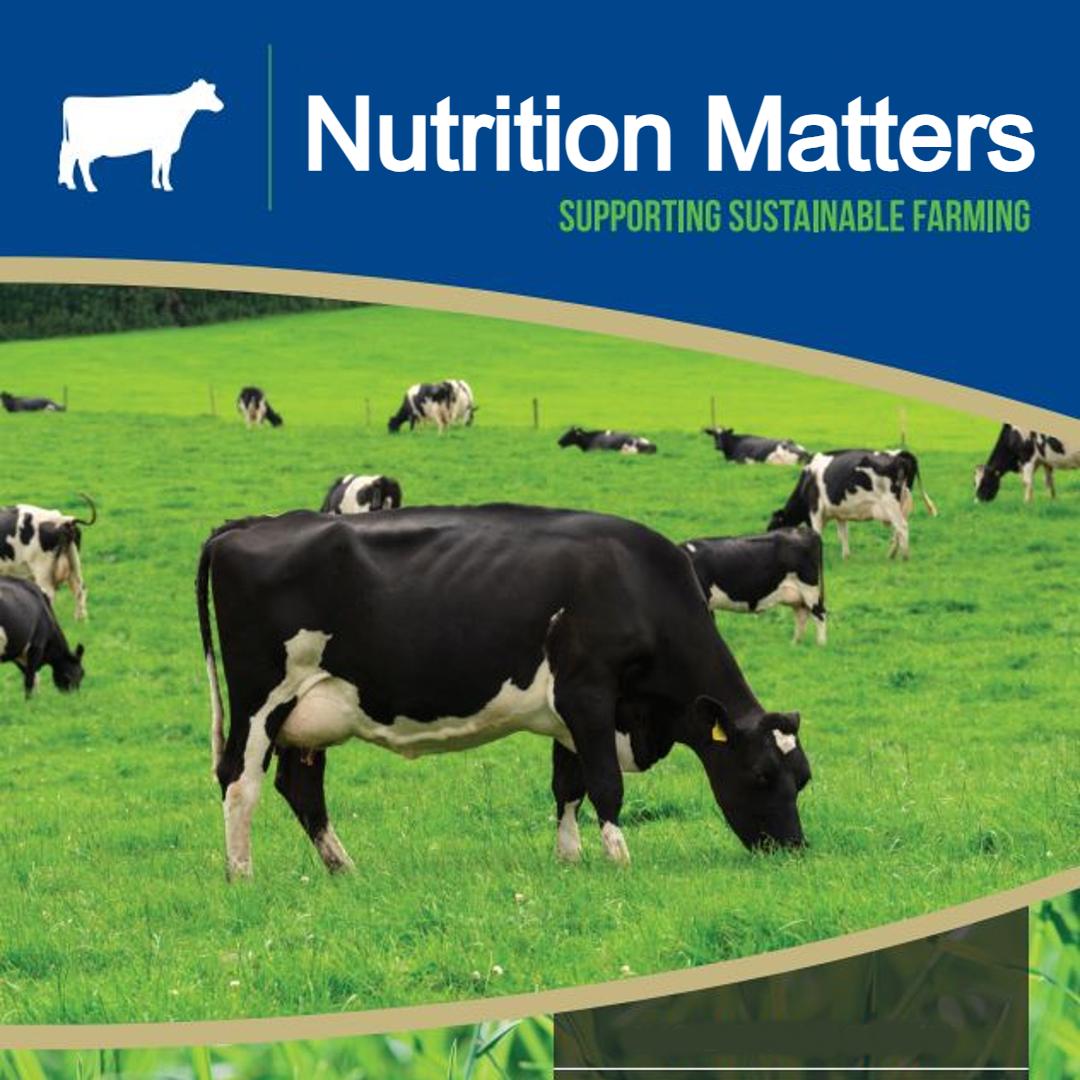

Year to date, our average cow has produced c.4200 ltrs of milk (estimated yield at week 35 based on 2024 milk supply profile). 4200 ltrs is 175 ltrs per cow behind 2023, 250 ltrs behind 2022 and 400 ltrs behind 2021. Our goal for 2024 should be to produce 5800 ltrs of milk per cow. This 1600 ltrs of milk has the potential to generated €800 per cow of cash flow from here to year end (based on solids adjusted 50c/ltr milk value). Of course, milk revenue isn’t margin. We do need to feed our cows and that carries cost. The total feeding (grass, silage and concentrates) cost for your cows from here to year end will be c.€500-550, leaving a margin over feed costs of c.€250 per cow or €25,000 for a 100 cow herd
Read More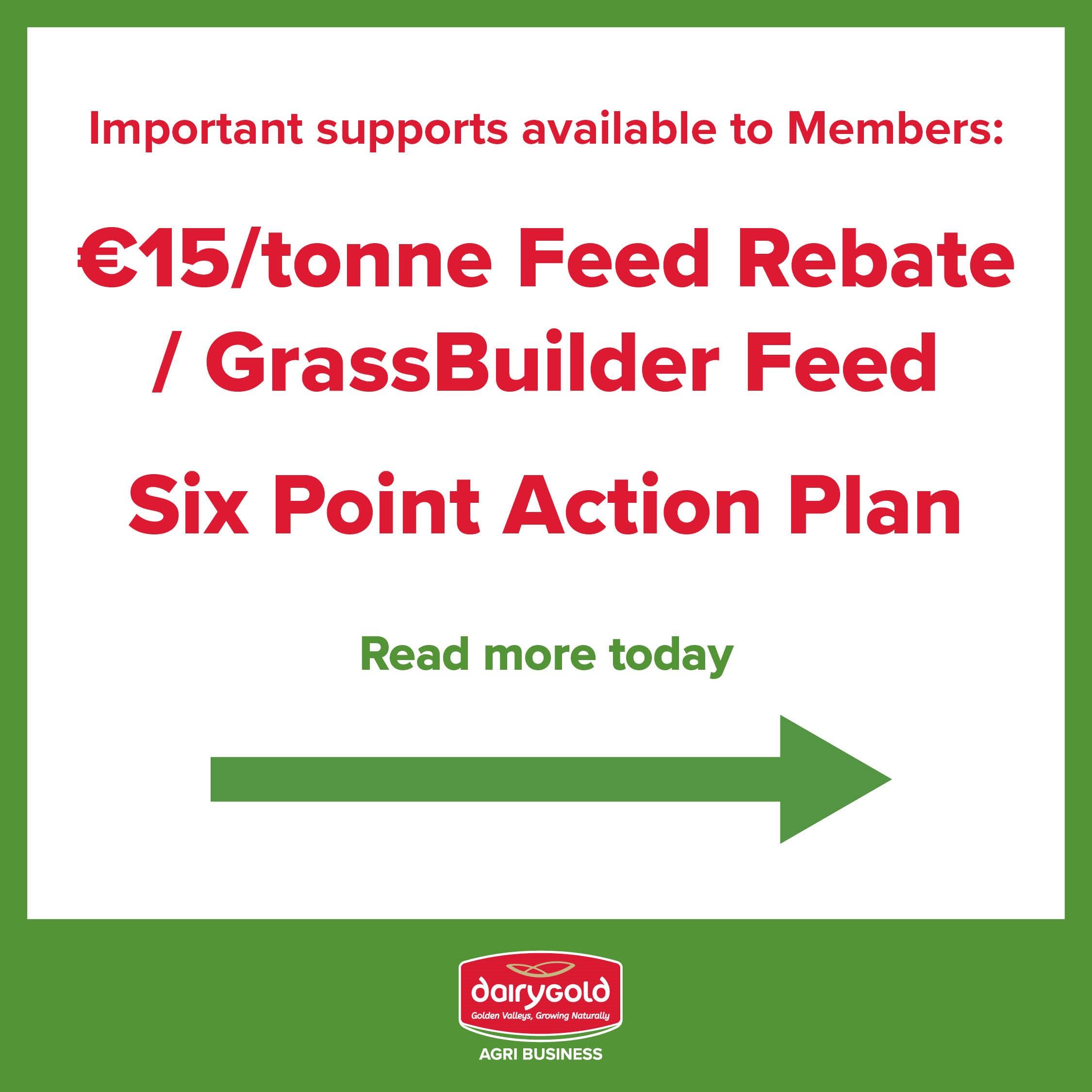

2024 has been very challenging, particularly from a weather perspective, resulting in reduced grass growth rates, milk volumes and fodder reserves on farm. Dairygold Board and Management have been acutely aware of the significant challenges that these conditions have and are causing for our Farming Members and have agreed a number of additional supports, to enable farmers to take timely action, depending on their individual farm situations.
€15/tonne Feed Rebate / GrassBuilder Feed
Dairygold is offering a €15 per tonne rebate[1]on bulk mainline dairy and beef feeds, delivered during the four-week period, from Monday 12th August to Friday 6th September. In addition, a specially formulated cost effective “GrassBuilder” ration is also available to all Customers.
This is in response to the difficulties faced by Members in recent months, particularly following the poor weather, including a late spring. The rebate is designed to support farmers to build their grass and fodder stocks and to maximise milk volumes, to increase margin to year-end.
Read More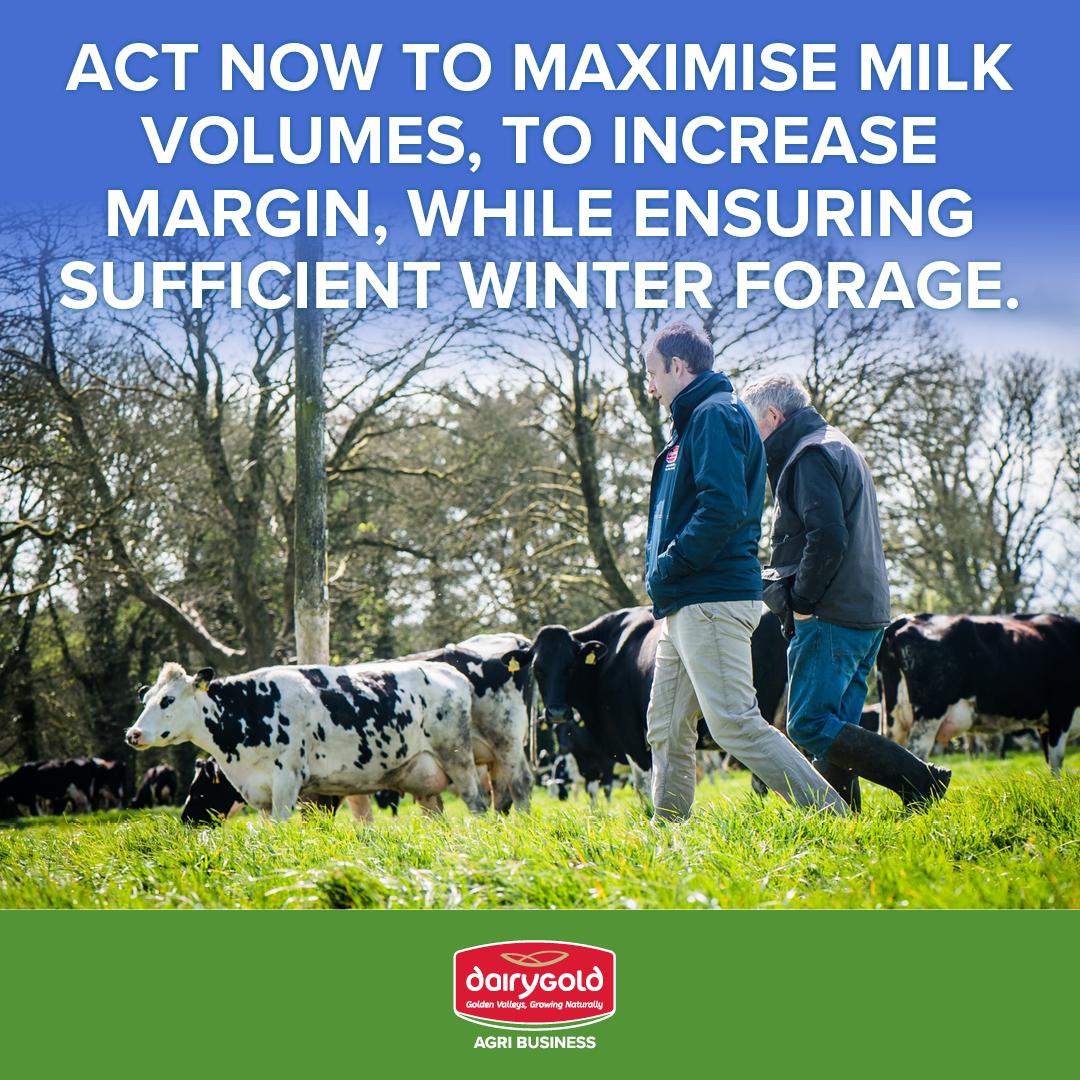

As we enter the month of August there are a number of key areas that need to be reviewed on dairy farms and decisions that are taken now will help ensure the optimum outcome for the rest of the year. 2024 has presented a number of challenges that need to be addressed and it is crucial that farmers plan now to maximise milk volumes, to increase margin, while also ensuring sufficient winter forage. Dairygold’s Technical Manager Liam Stack recommends the following series of actions:

Liam Stack: Ruminant Technical Manager
1. Evaluate Your Winter Fodder Situation:
The first step is to assess your current winter fodder position, by completing a fodder budget, so that you can know exactly where you stand. The most recent Teagasc fodder survey completed in June found that dairy farmers had 60% of their winter fodder requirements conserved, in a standard year this figure would be 70% or more. More recently second cut silage yields have been less than anticipated in many cases. Completing a review now will allow you to take any actions necessary.
2. Maximise Milk Volumes, increasing margin to Year End:
It is important to remember that each cow in your herd still has the potential to produce in excess of €1,000 of milk from now until drying off. So far this year, cows have produced approximately 3,400 Litres, with a year-end target of 5,800 Litres. With 2,400 Litres of high solids, high value milk left to produce this is an opportunity to deliver significant margin which should be maximised.
Read More
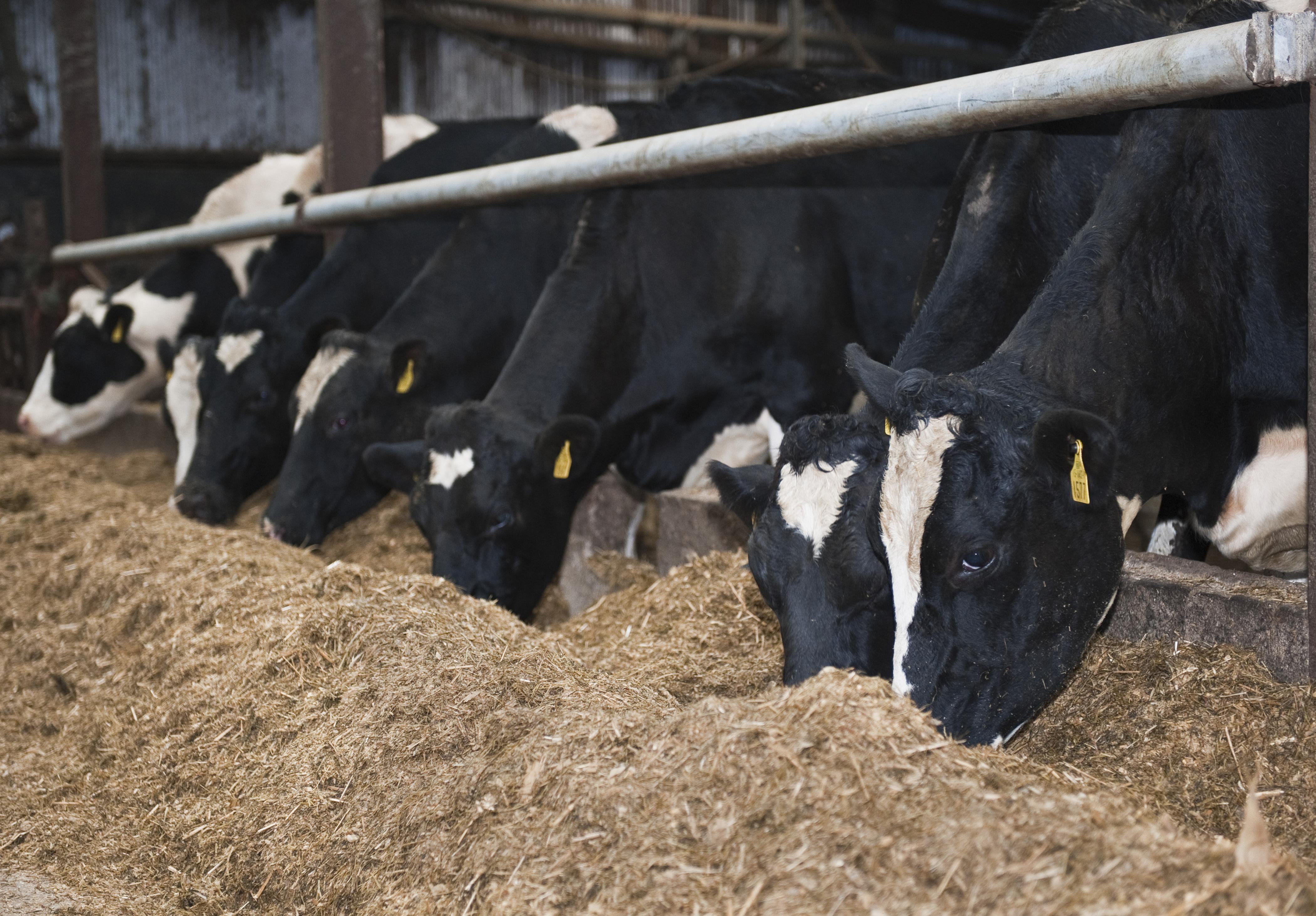

Key Takeaways
Read More
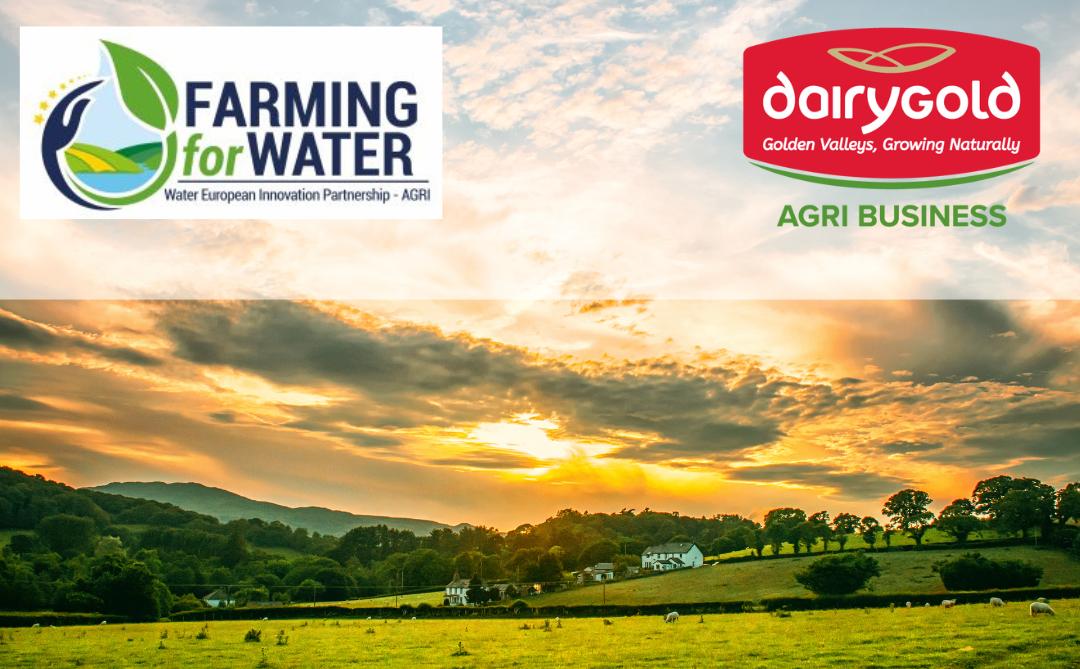

We invite you to attend a Dairygold and @Teagasc ‘Farming For Water’ event tomorrow on Thursday, 11th July at 11am
Read more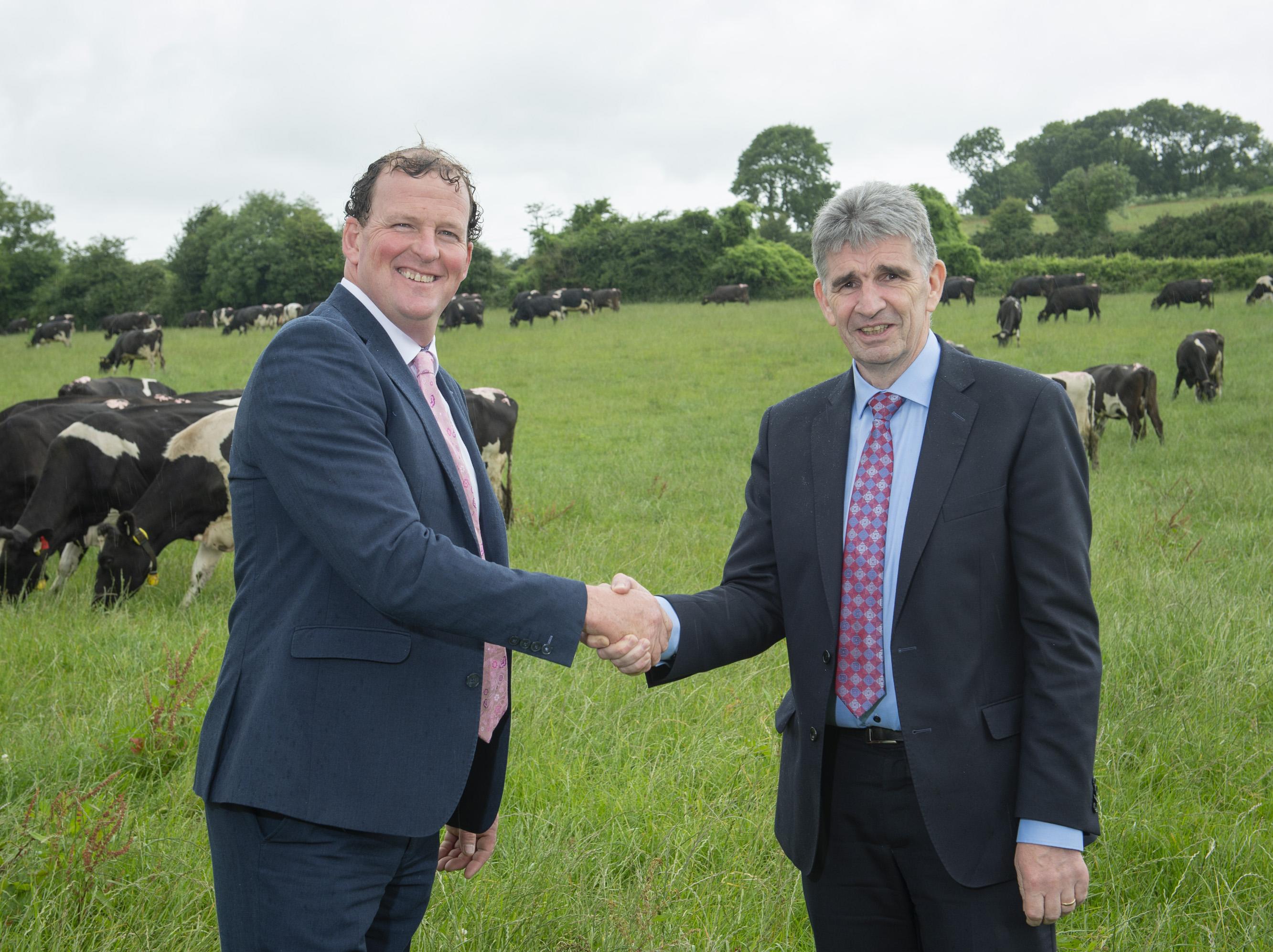

The Board of Dairygold Co-Operative Society Limited is delighted to confirm that it has appointed Interim Chief Executive, Michael Harte, as the Society’s new Chief Executive. Michael has been a critical member of Dairygold’s Senior Leadership Team since his appointment as Chief Financial Officer (CFO) in 2006. His expertise, influence and decision-making have significantly contributed to the development and implementation of the Society’s strategies during this period.
Read More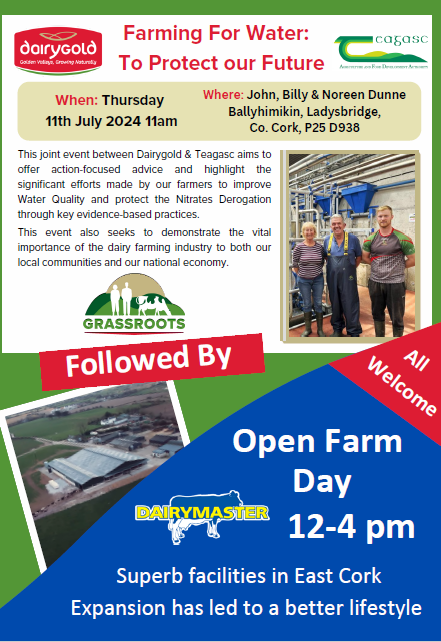

Dairygold are excited to announce a Farming for Water event on the Dunnes’ family farm on Thursday, July 11th 2024, starting at 11am. This event will highlight the actions being taken by Dairygold and our farmers to protect and improve the Water Quality in our catchment area through the Grassroots Sustainability Bonus and other on-farm practices.
This event will be held in conjunction with the Dairymaster Farm Open Day (12-4pm), where the Dunnes will showcase the latest in dairy farming, including their 26-unit Dairymaster Swiftflo Swing parlour.
Join us on the day to engage with key industry stakeholders such as Teagasc, Bank of Ireland, Munster Bovine, FRS and many more.
See you there on the farm of John, Noreen and Billy Dunne, Ballyhimikin, Ladybridge, Co. Cork, P25 D938!
Read More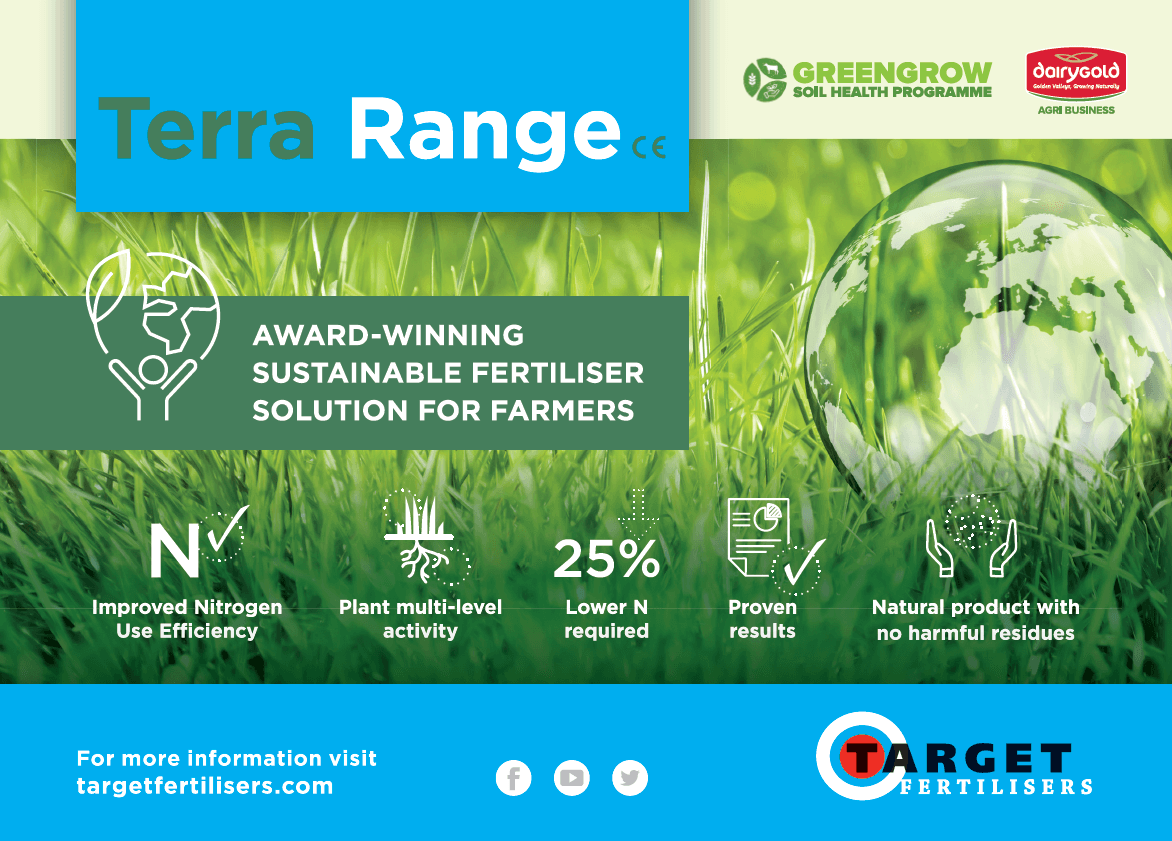

Farmers across the country are working to reduce nitrogen use on farm in order to preserve water quality and reduce emissions. However, concerns remain regarding limited N allowances that will impact grass yields. For consistent growth with less fertiliser, we must maximise the efficiency of the N that is applied.
Read More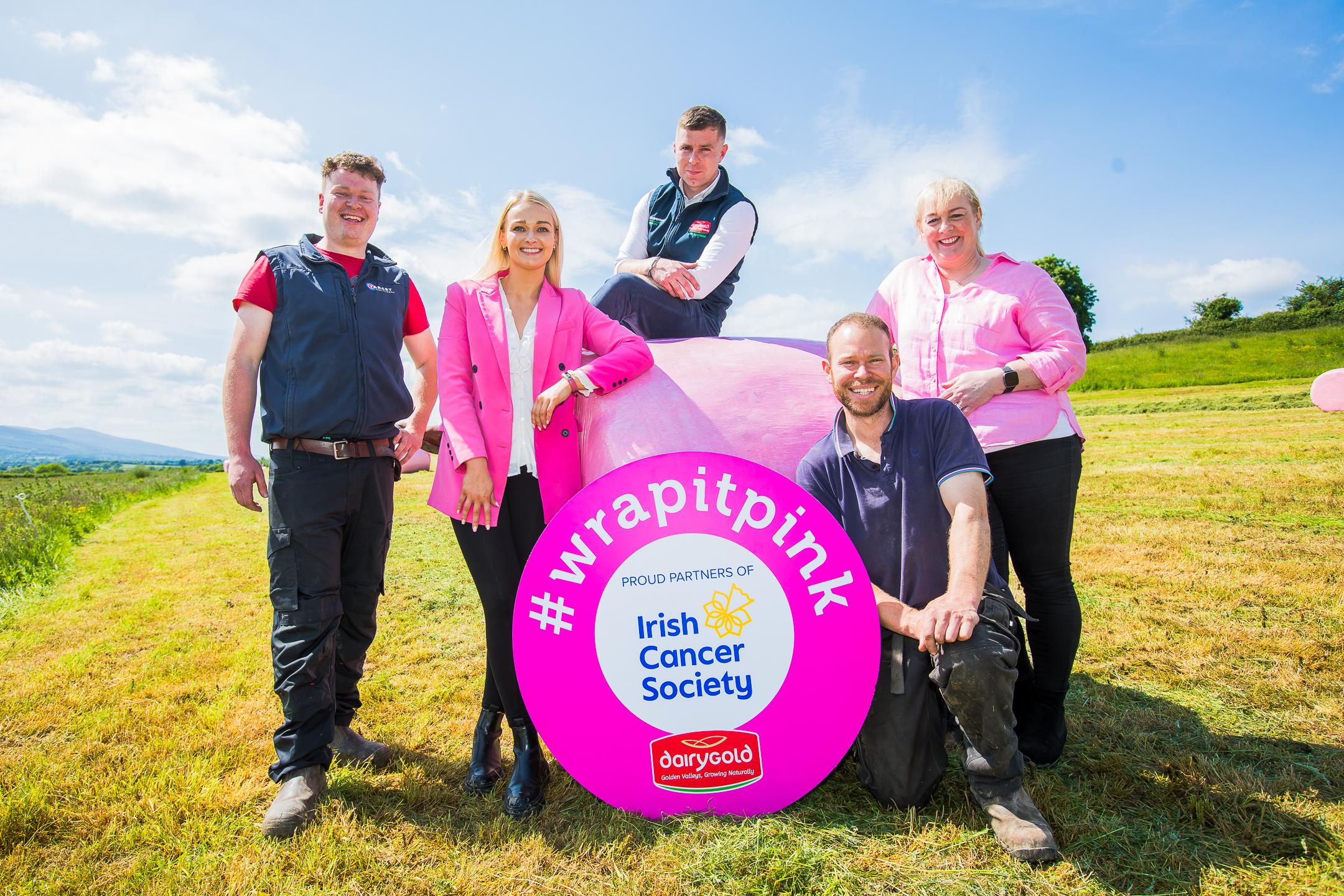

Dairygold farmers prepare to ‘Wrap It Pink’ in support of breast cancer awareness
Dairygold is once again transforming the landscape of rural Ireland with the launch of its successful ‘Wrap It Pink’ campaign in association with the Irish Cancer Society. This is the 10th year of the successful partnership between the Irish Cancer Society and Dairygold.
Read More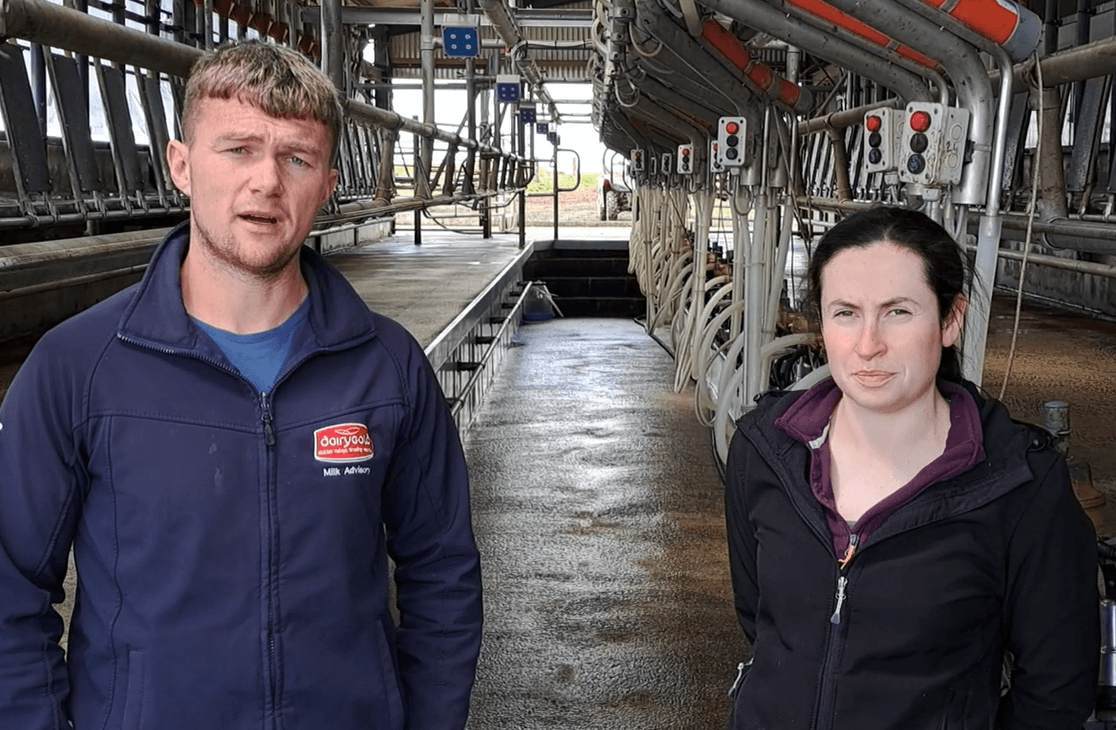

Watch Milk Advisor Limerick Region Raymond Ryan talk to Denise Weeks on Milk Efficiencies that she carries out on her farm in Kilfinane, Co. Limerick
Read More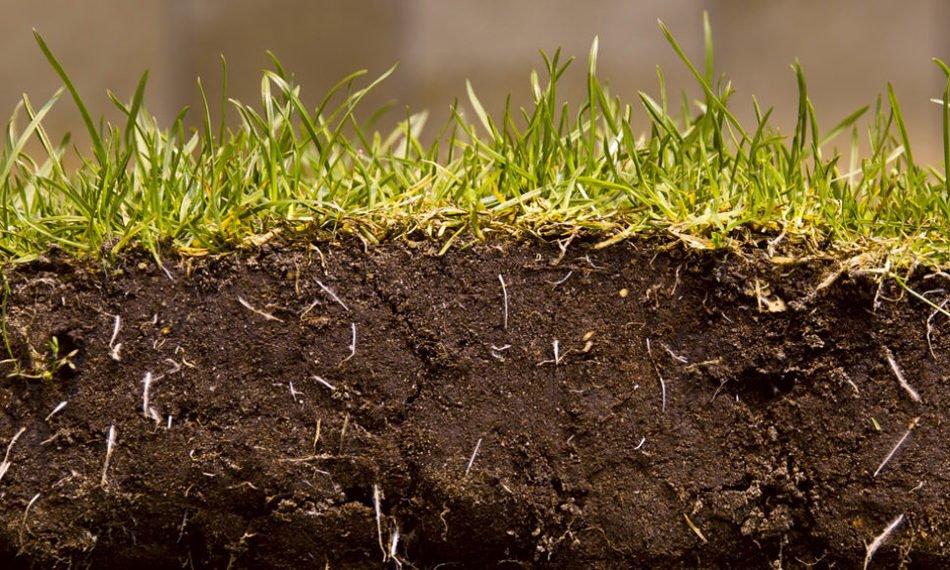

Soil chemical health is on the decline. 2022 was poorer than 2021 and 2023 results have shown a further decline since 2022.
In an era of declining nitrogen fertiliser allowances, soil chemical health is hugely important to allow our farmers to continue to grow the grass needed to drive our sustainable and profitable farming systems.
Our number one priority to improve soil chemical health.
Read More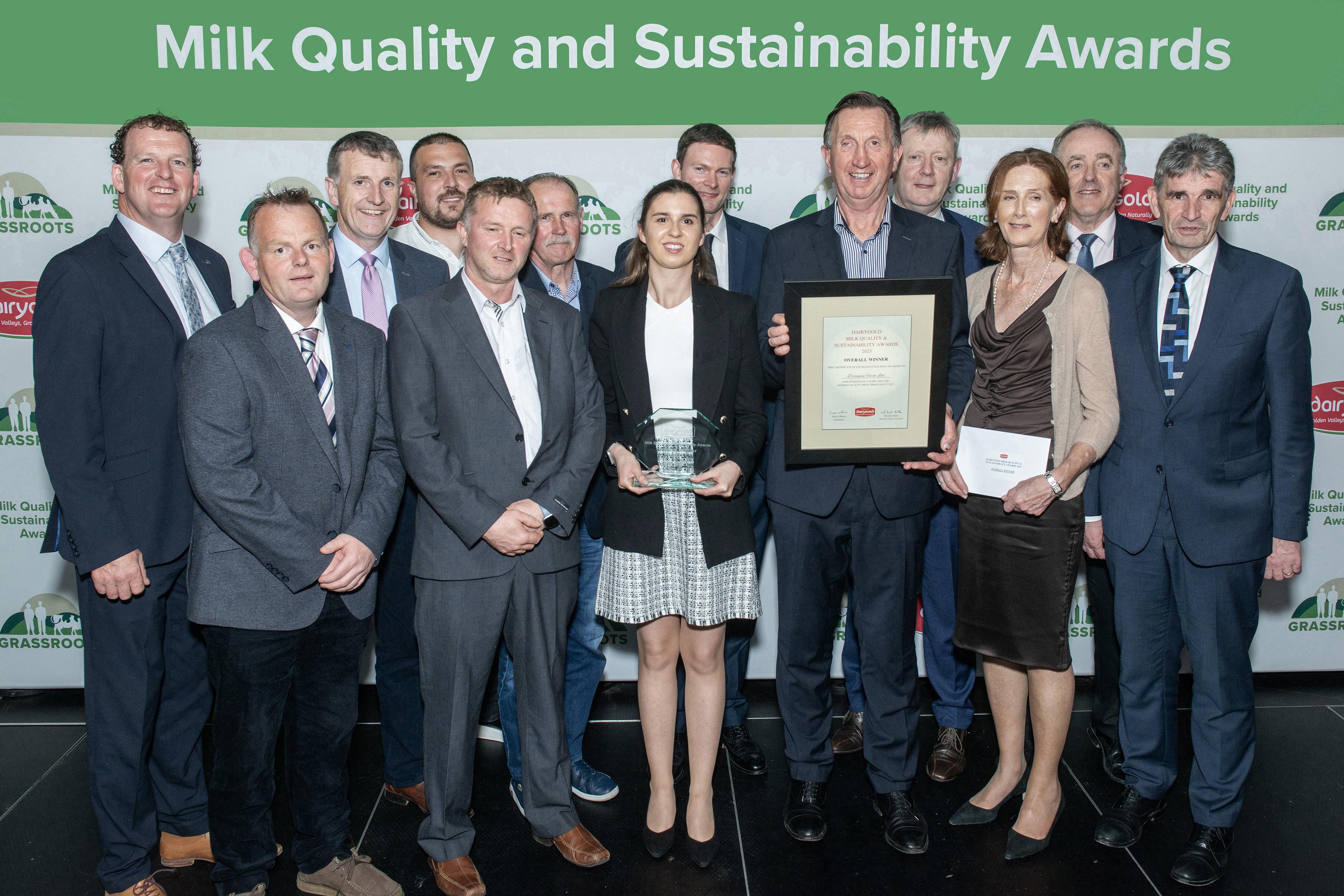

Dairygold announces winners of its annual Milk Quality and Sustainability Awards
(Friday 31st May, 2024) – Tipperary dairy farmer and Dairygold milk suppliers Aidan and Derval Kennedy from Drangan House, Cahir, Co. Tipperary, were declared the Overall Winners of the 2023 Dairygold Milk Quality and Sustainability Awards. The awards were presented at an awards ceremony in Springfort Hall, Mallow, Co. Cork.
Read More

The Board of the Munster Cattle Breeding Group, trading as Munster Bovine confirms that it has appointed current interim Chief Executive, Martin Kavanagh as the new Chief Executive following a search process.
A graduate of Veterinary Medicine, Martin has over thirty years’ experience across a variety of commercial, technical and veterinary roles and had served as Munster Bovine’s interim Chief Executive since November 2023.
Read more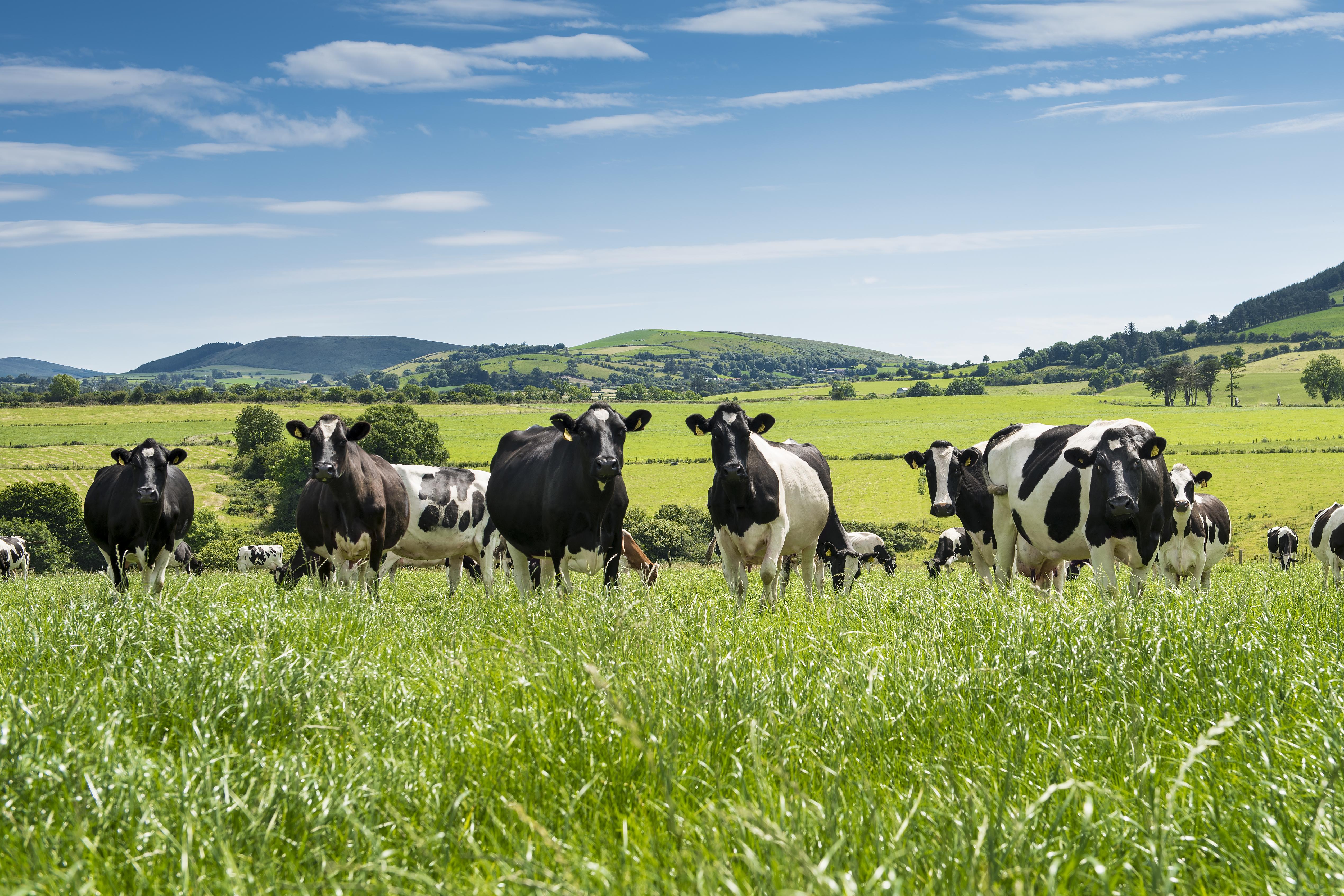

Efficient milk production from grass-fed cows is a significant challenge for dairy farmers this Spring according to Philip O’Connor, Head of Farm Supports, ifac. However, with careful management and tactical feeding practices, it is possible to optimise milk yields while maximising the utilisation of available resources.
Read more
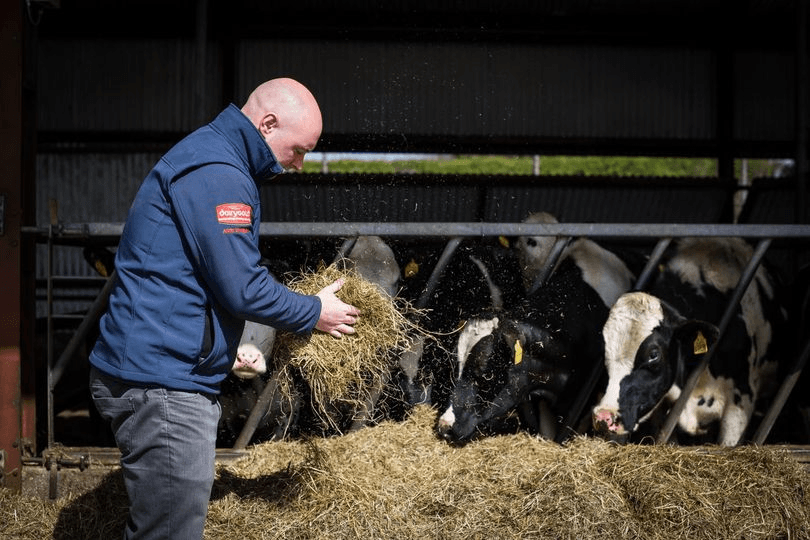

The Dairygold Board and Management are aware of the financial challenges facing farmers due to the recent adverse weather conditions and today, has announced a number of additional measures to support its beef and tillage customers.
Read more


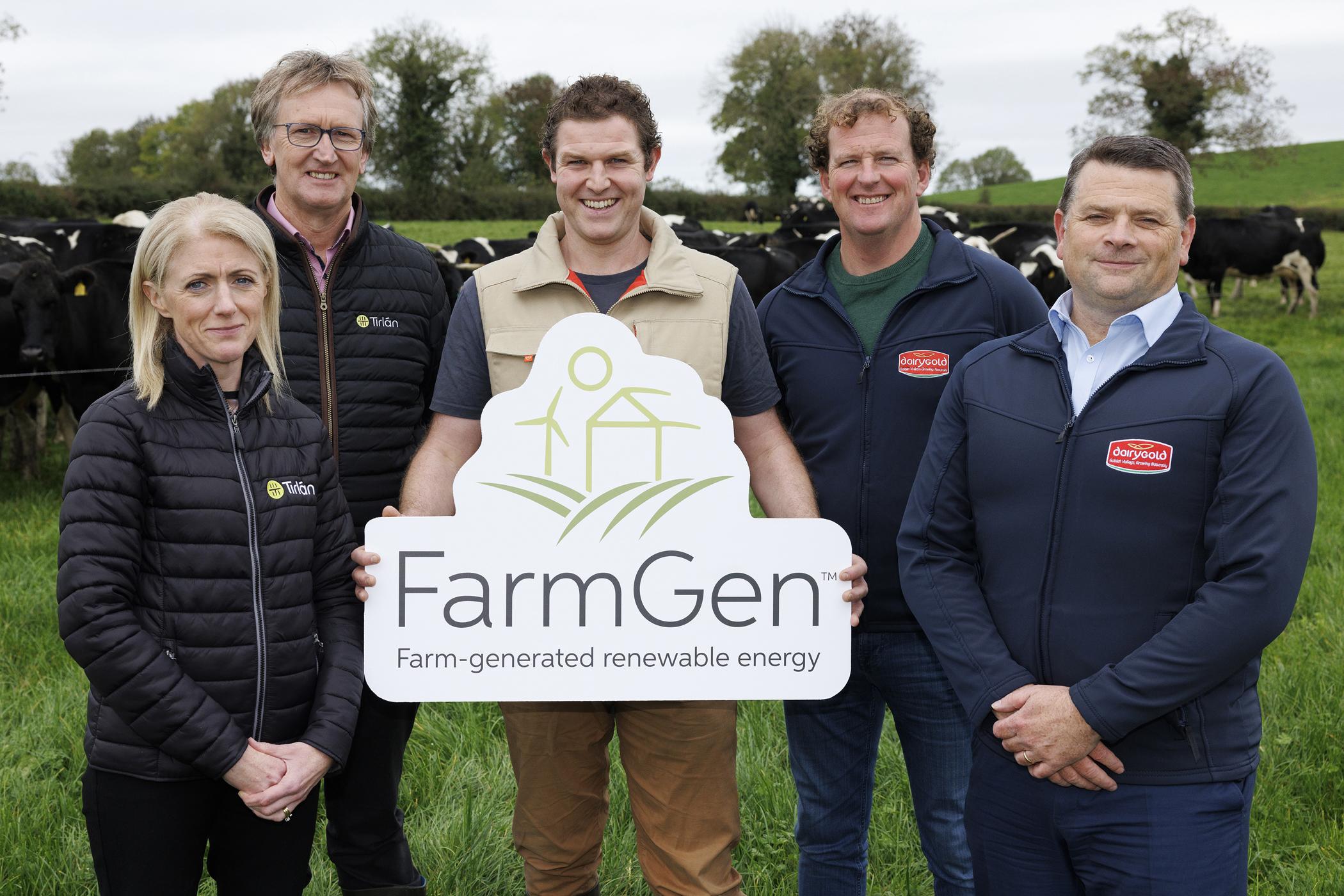

Dairygold and Tirlán are collaborating to expand on-farm Solar PV programme
Dairygold and Tirlán have joined forces to further strengthen the dairy sector’s sustainability efforts by rolling out Tirlán’s renewable energy solutions programme FarmGen to Dairygold suppliers across the Munster region.
The new partnership between two of the leading farmer-owned co-operatives is a clear indication of the dairy sector’s commitment to embracing new technologies to cut on-farm emissions and help farm families operate more sustainably and efficiently.
Read More

Health at Farms Level:
Between 2015 to 2019 some gains were made in terms of soil chemical health, however between 2021 and 2023 Dairygold dairy suppliers farms are showing a combined 14% drop in soil chemical health.
Read More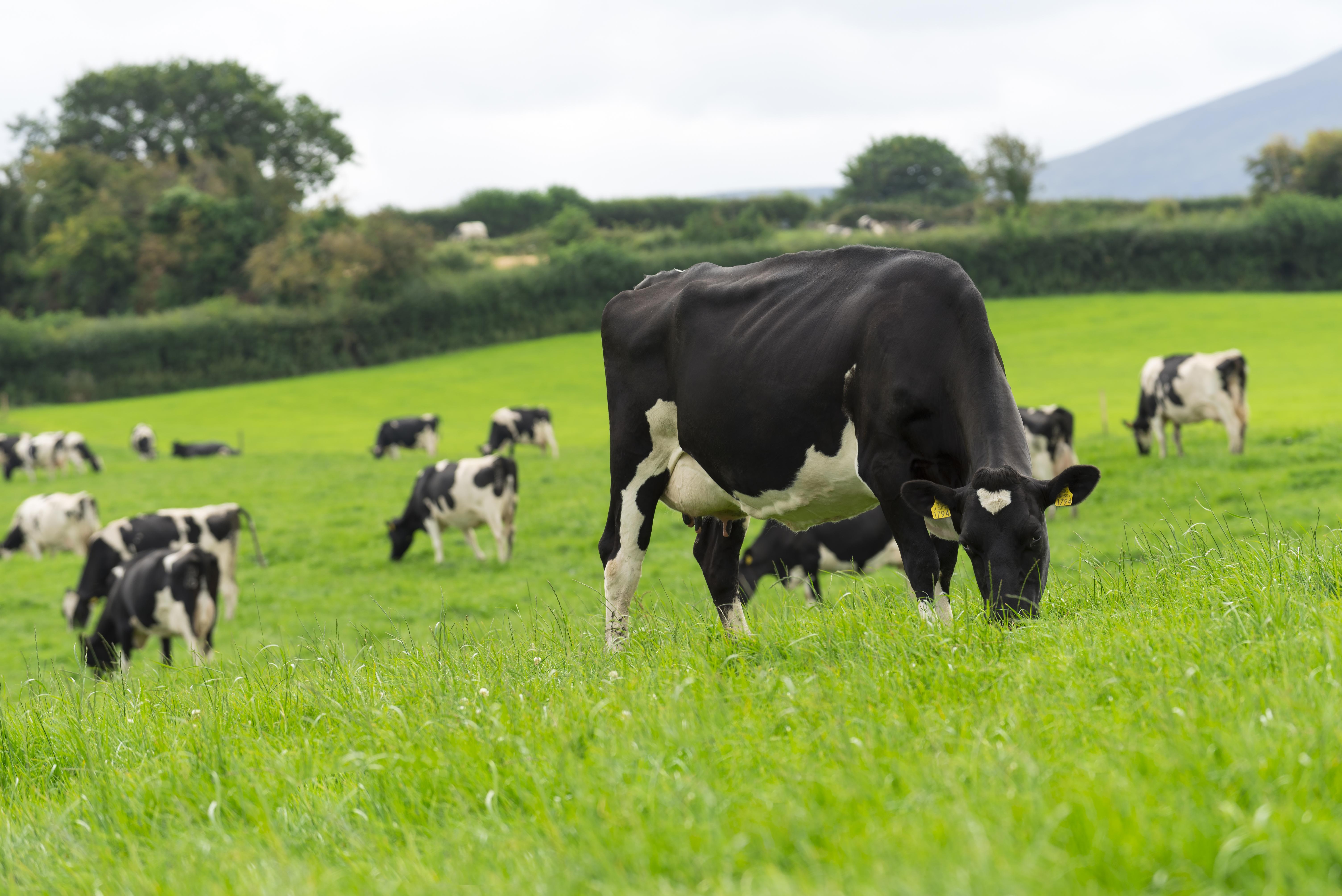

The rain has fallen. Hopefully now it wont forget to stop!!
But grass growth should be good and our nutritional priorities for the summer will be to maintain grass quality, maintain milk yields and maximize milk protein %.
We of course need to take stock, access where we are from a forage standpoint, and use fertiliser to maximize grass growth from here to year end. Grass tetany is caused by a lack of magnesium (Mg) absorption. Grass tetany affects muscle function, hence the trembling/twitching/trashing. Death iscaused by the heart (a muscle) giving up.
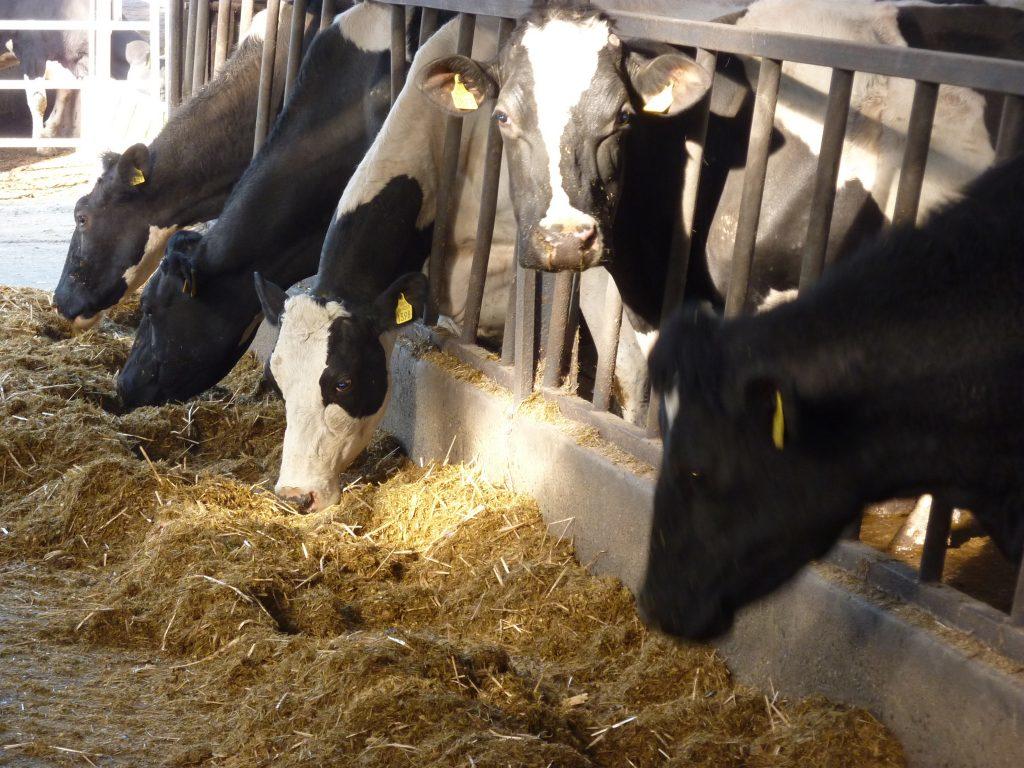

Dairygold Agri Business have silage testing available, where either individuals can take their silage samples themselves or a Sampler can be sent out on farm to take samples using a corer for more accurate results. These samples are then analysed in Lombardstown Analytics Services Laboratory and results are sent out to the customer.
Read More
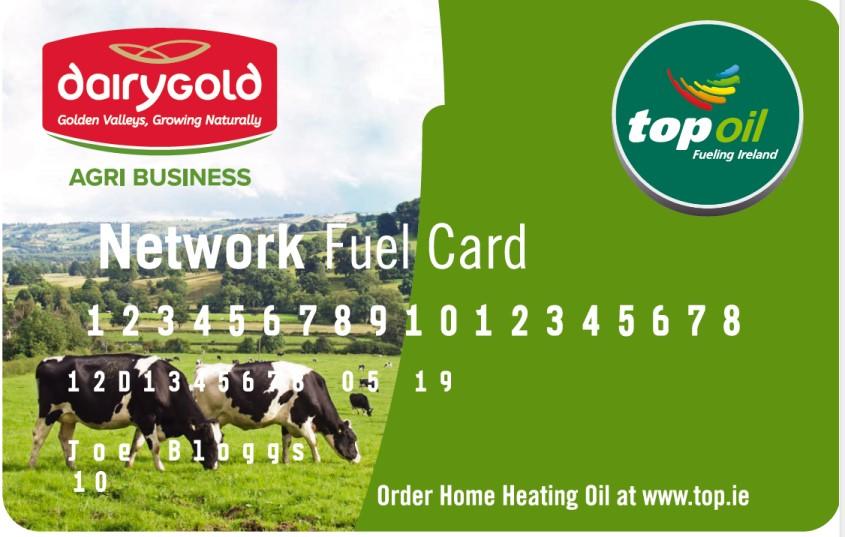

As part of Dairygold ‘BUY for’ scheme, Dairygold and Top oil have reached an agreement which will allow Dairygold members, Account holders and Employees to apply for a Dairygold Top Oil fuel card. Fuel Card customers can purchase road diesel, Unleaded and Sulphur Free Gas Oil at most major petrol stations in your local area.
The Dairygold Top Oil fuel card provides savings on your fuel purchases and includes the following benefits;
The Dairygold Top Oil fuel card allows easy management of all fuel purchases. There is no need to keep fuel purchase receipts, as your invoice and transaction report has this information, which makes completing monthly farm accounts easier.
For more information contact the Inside Sales Team on 022 31644.